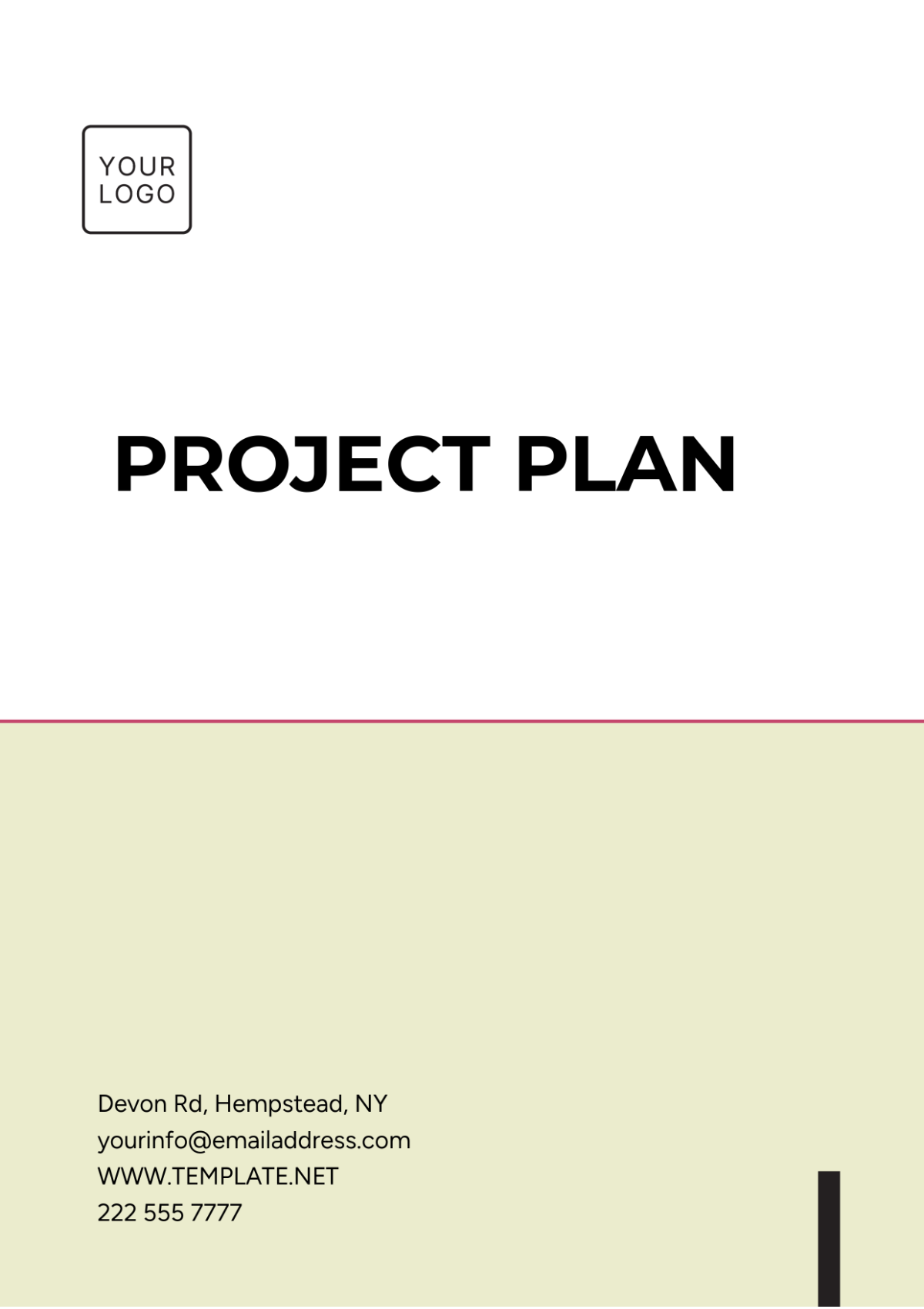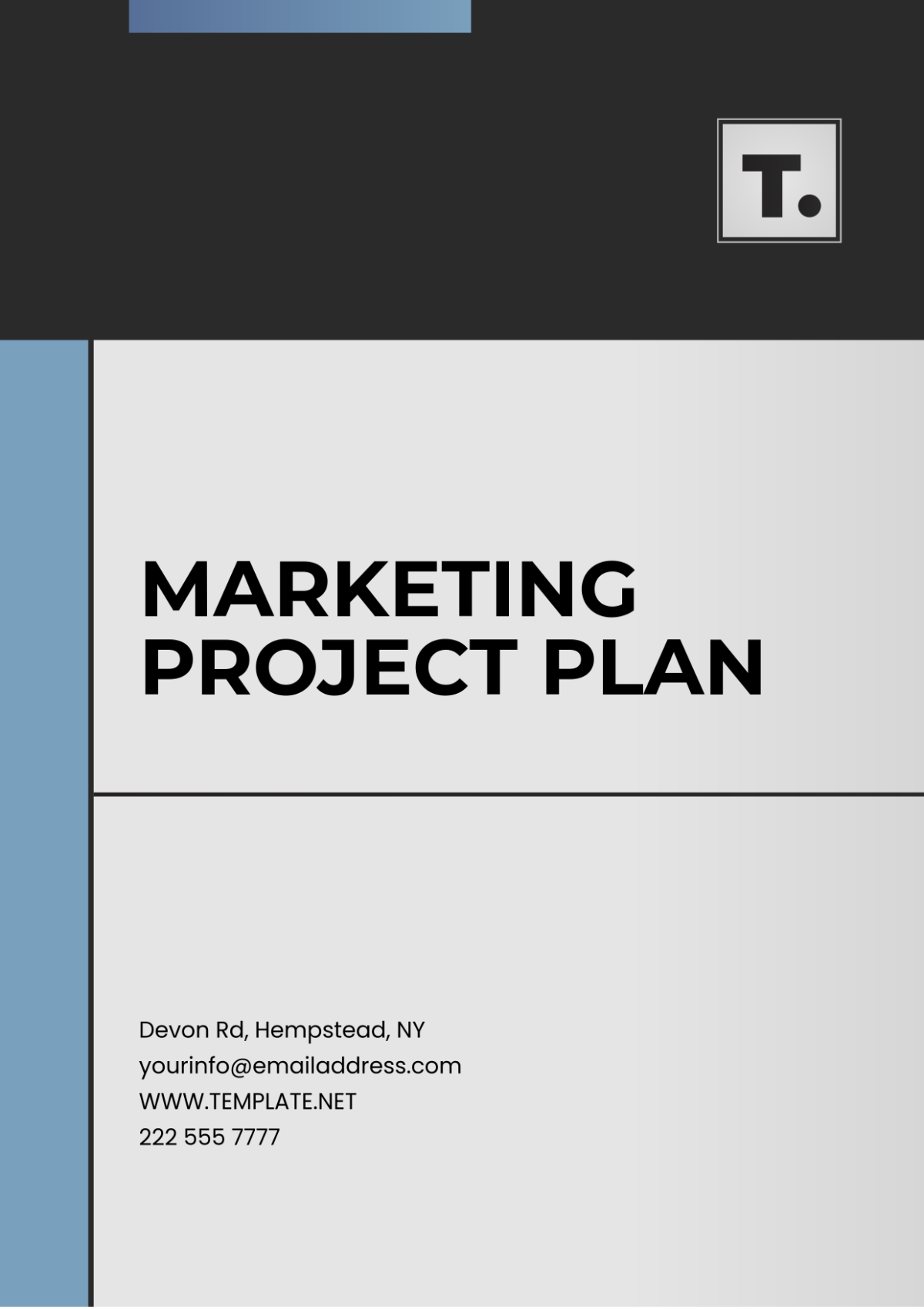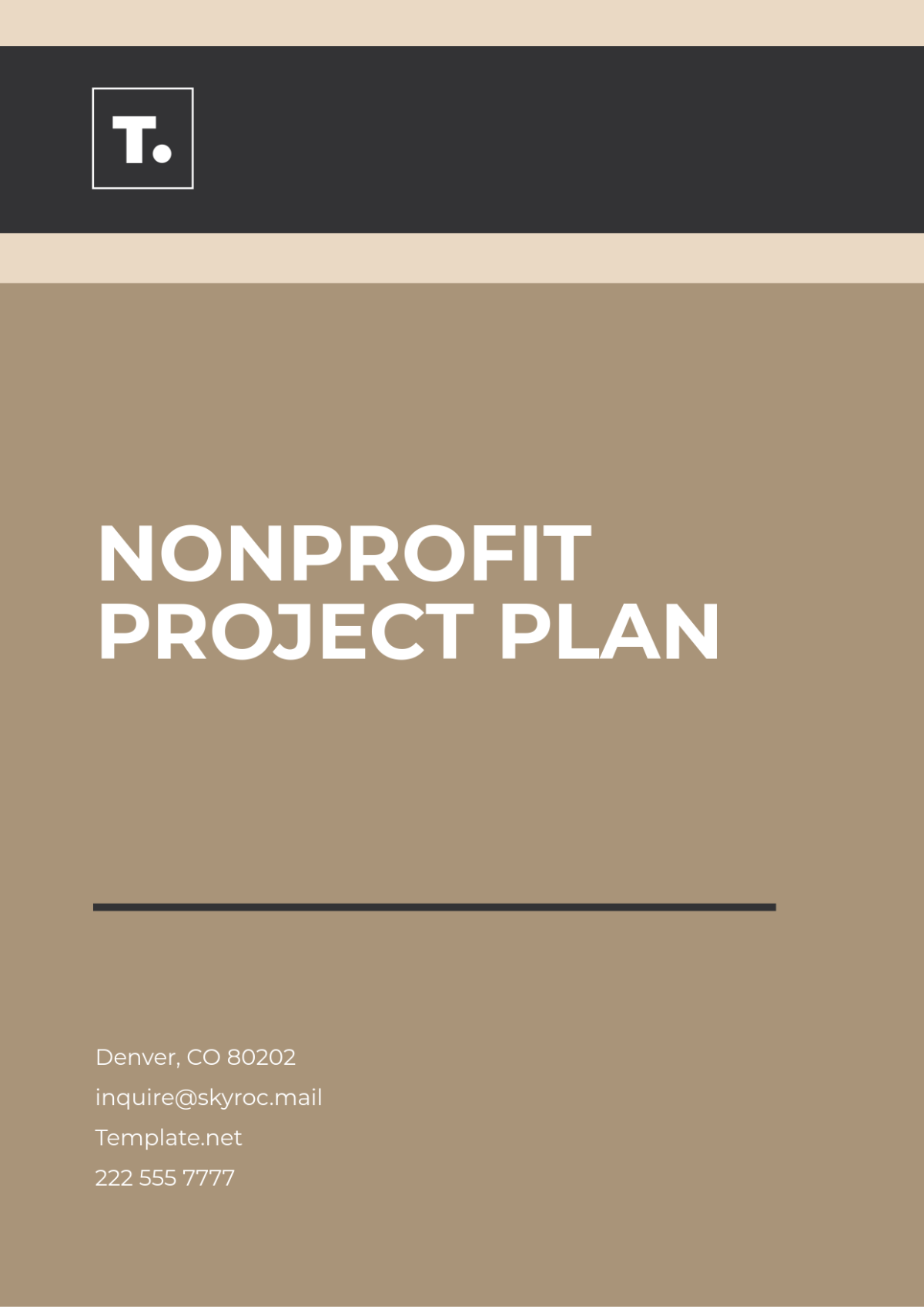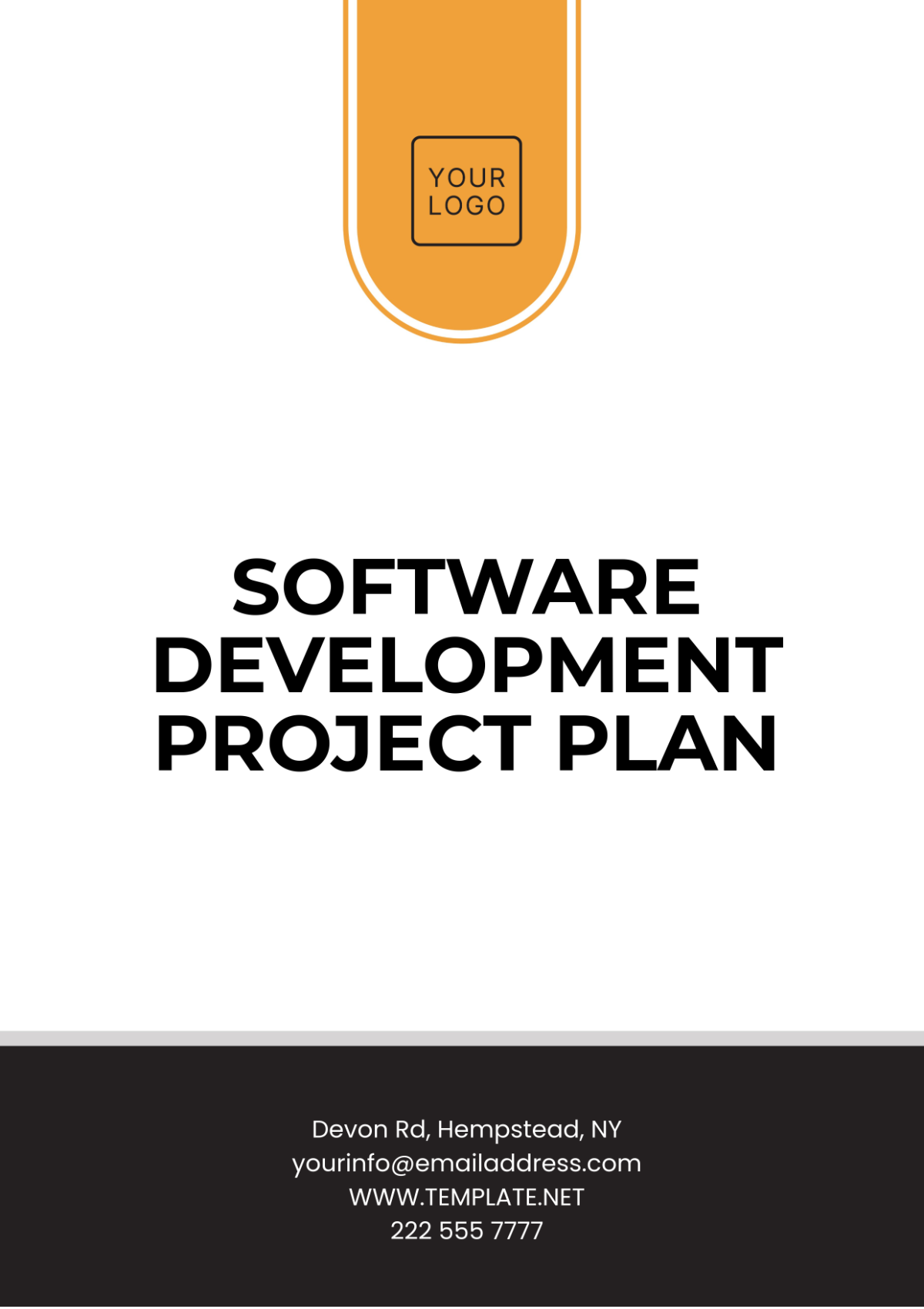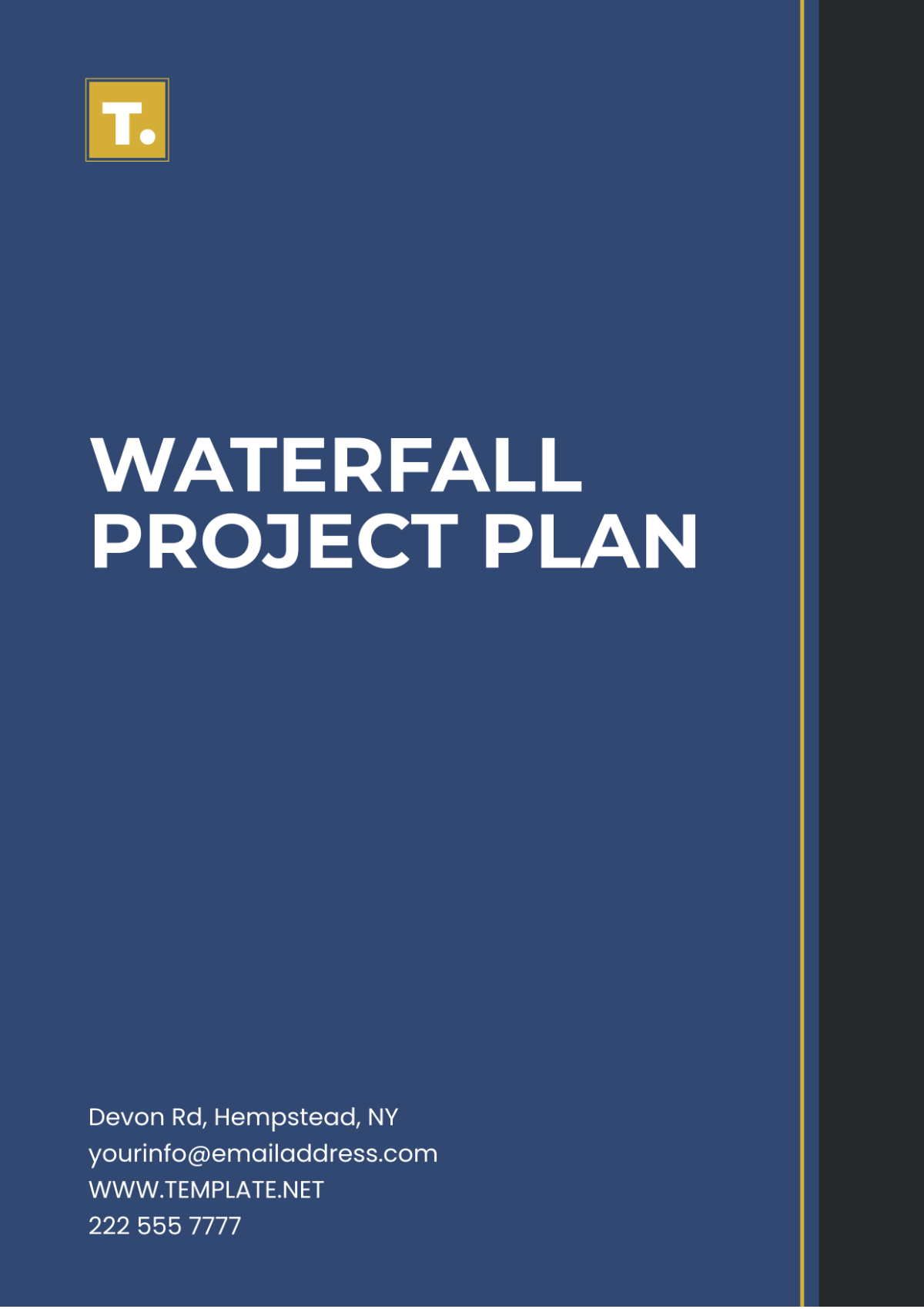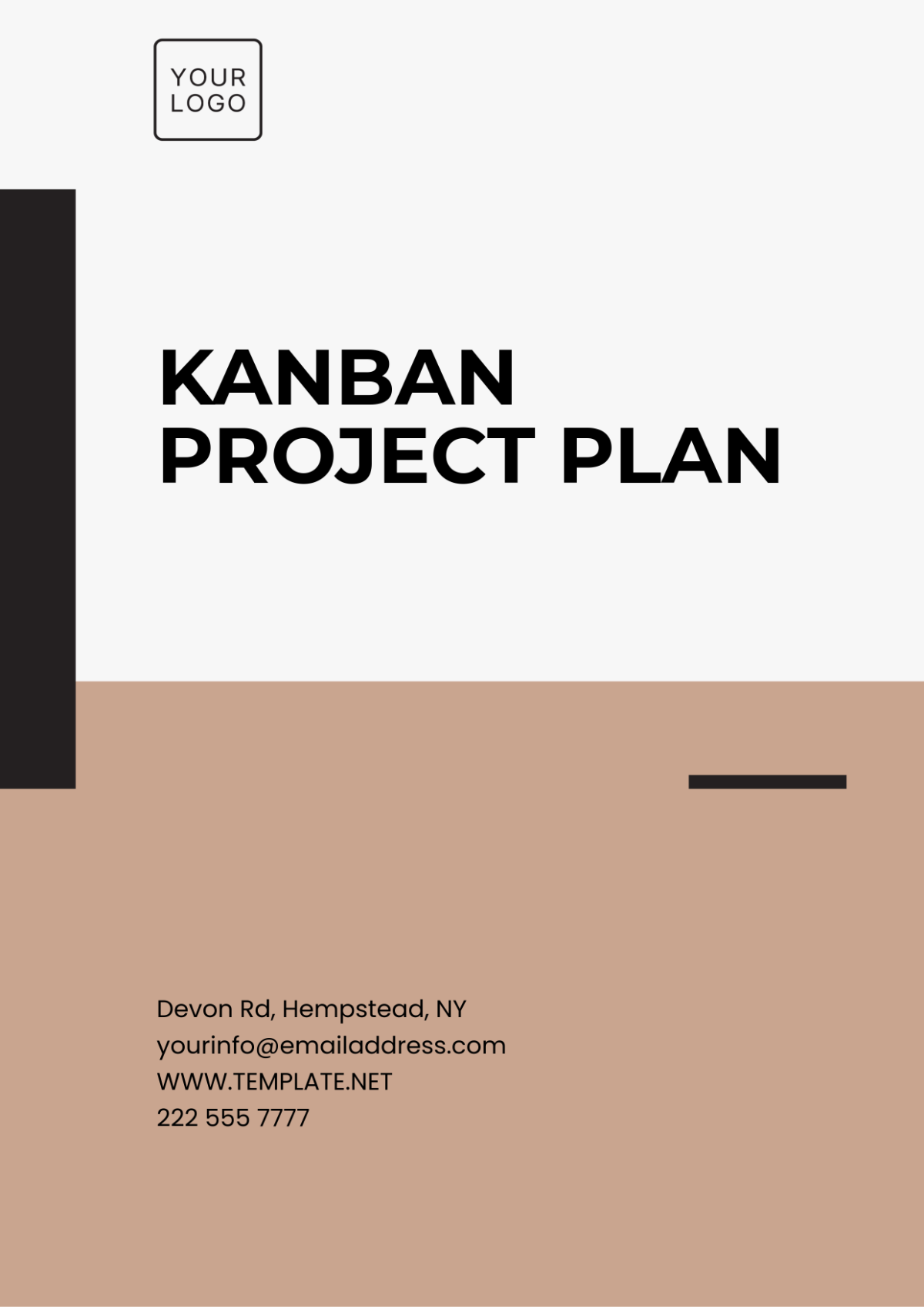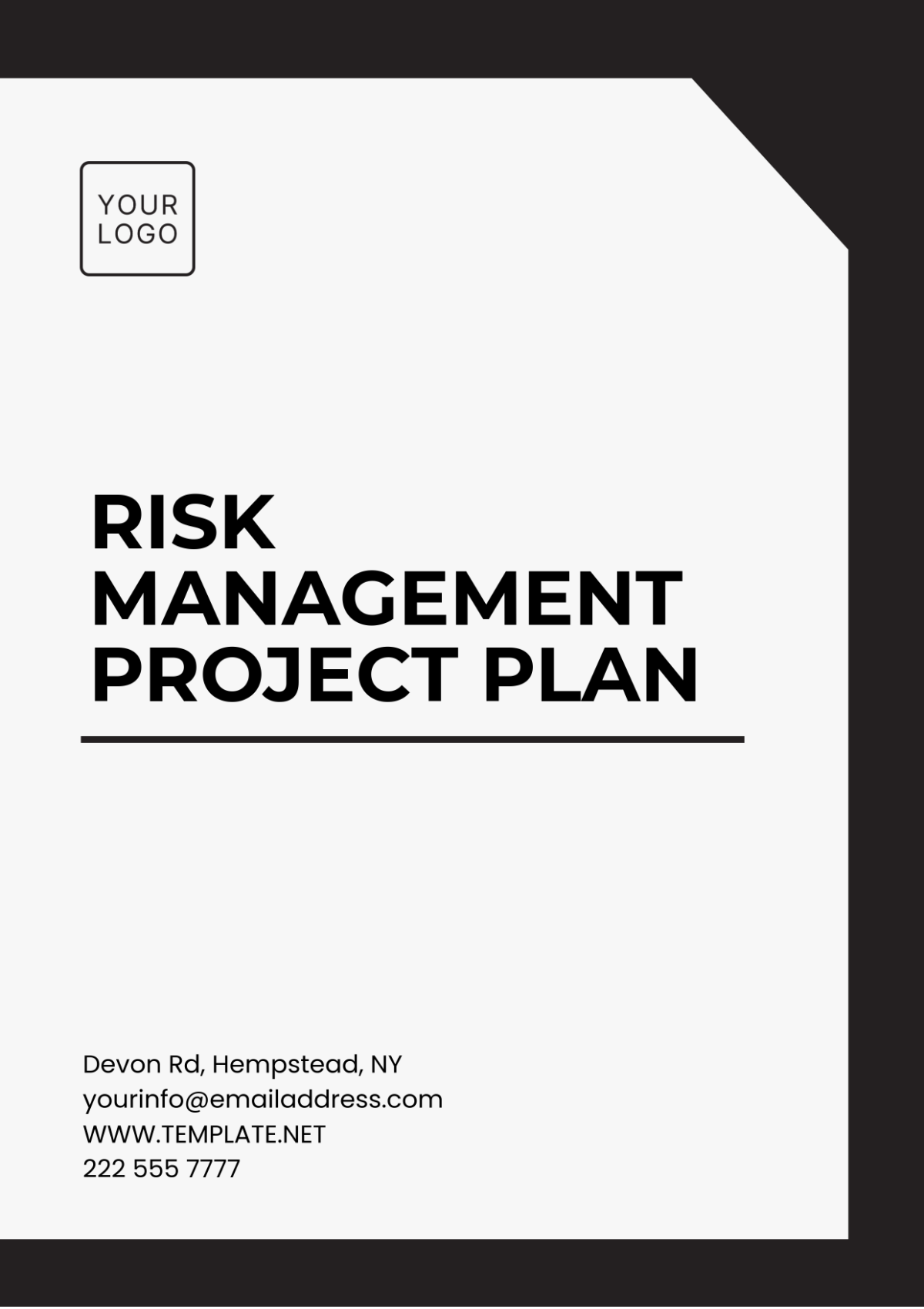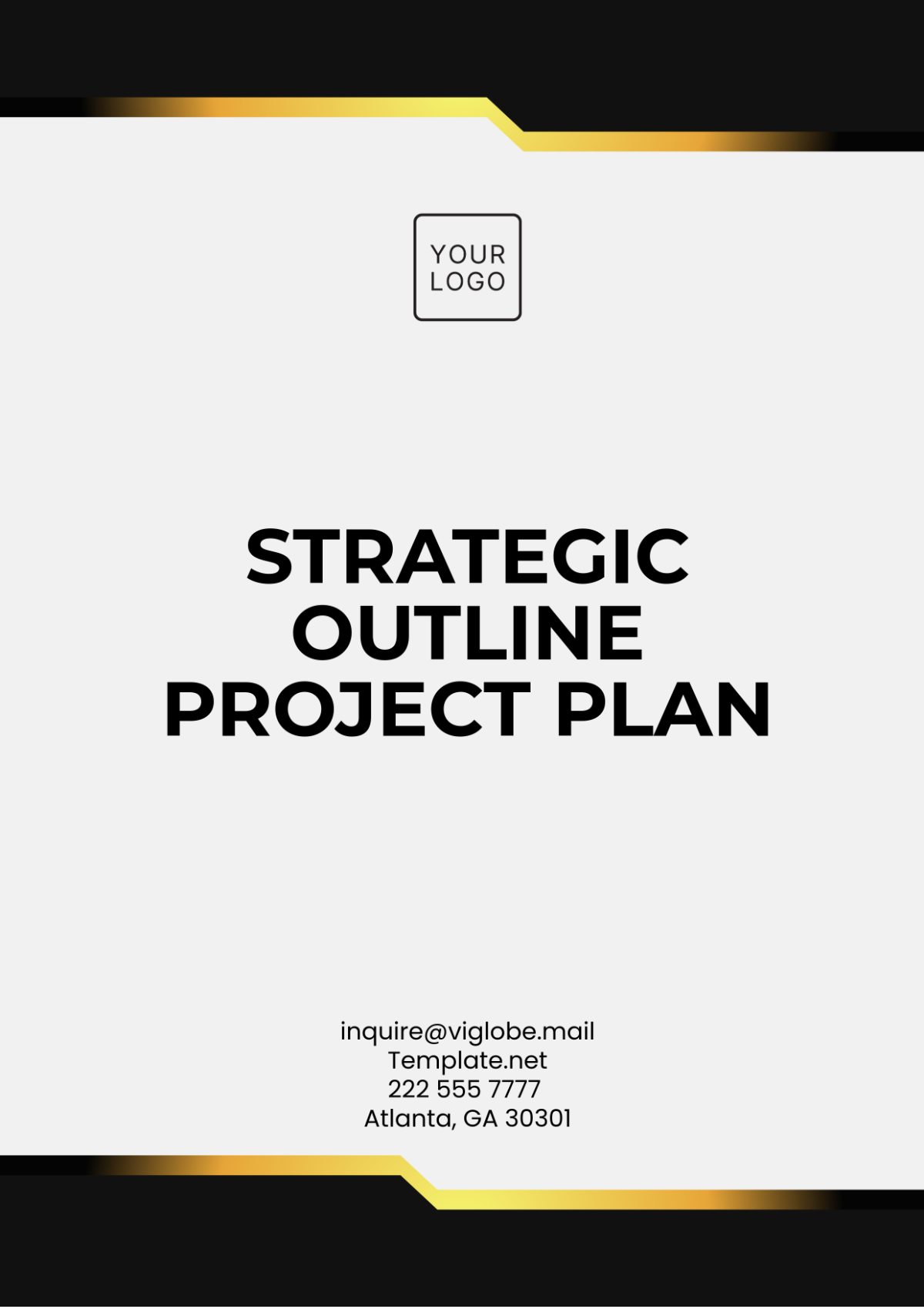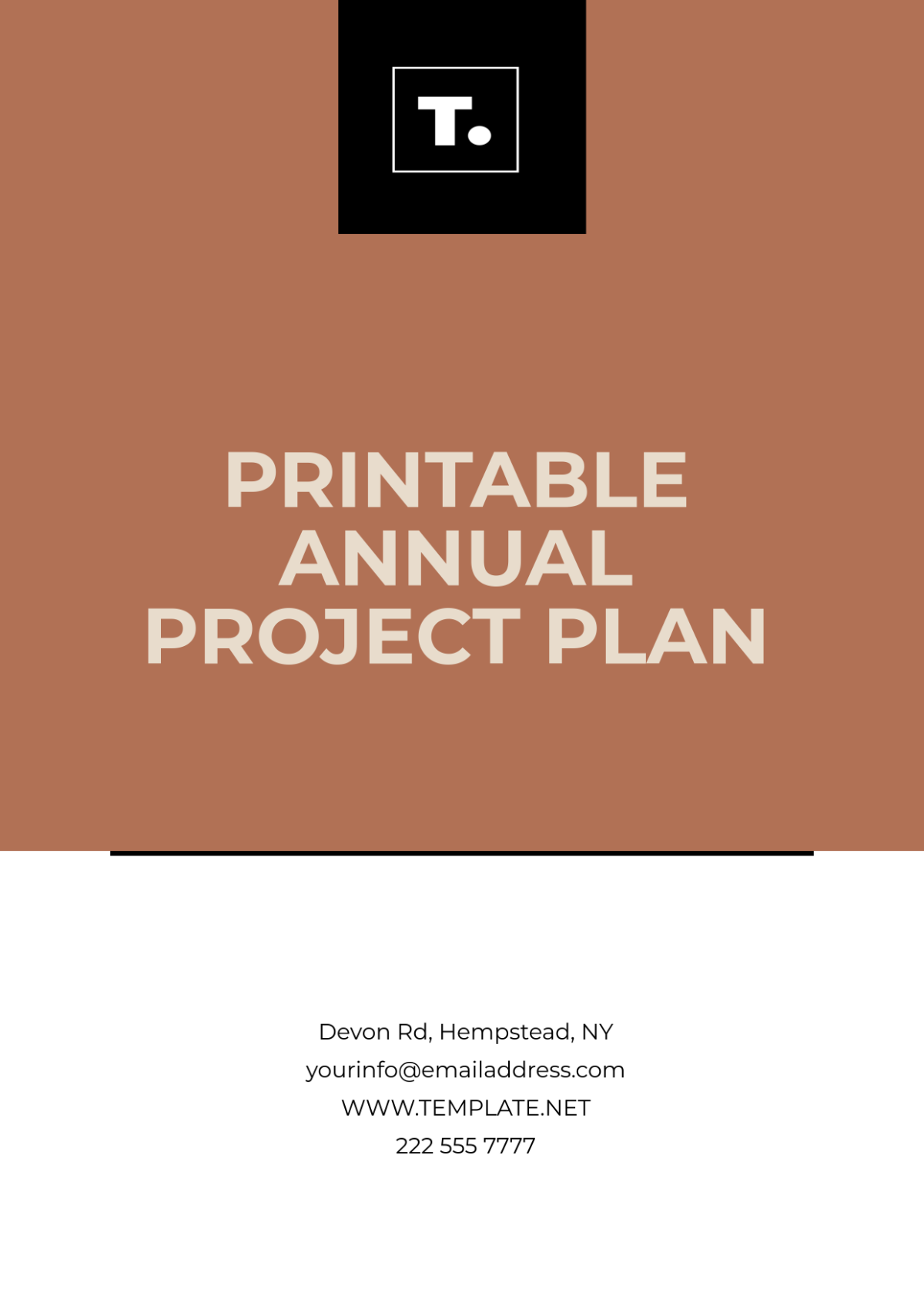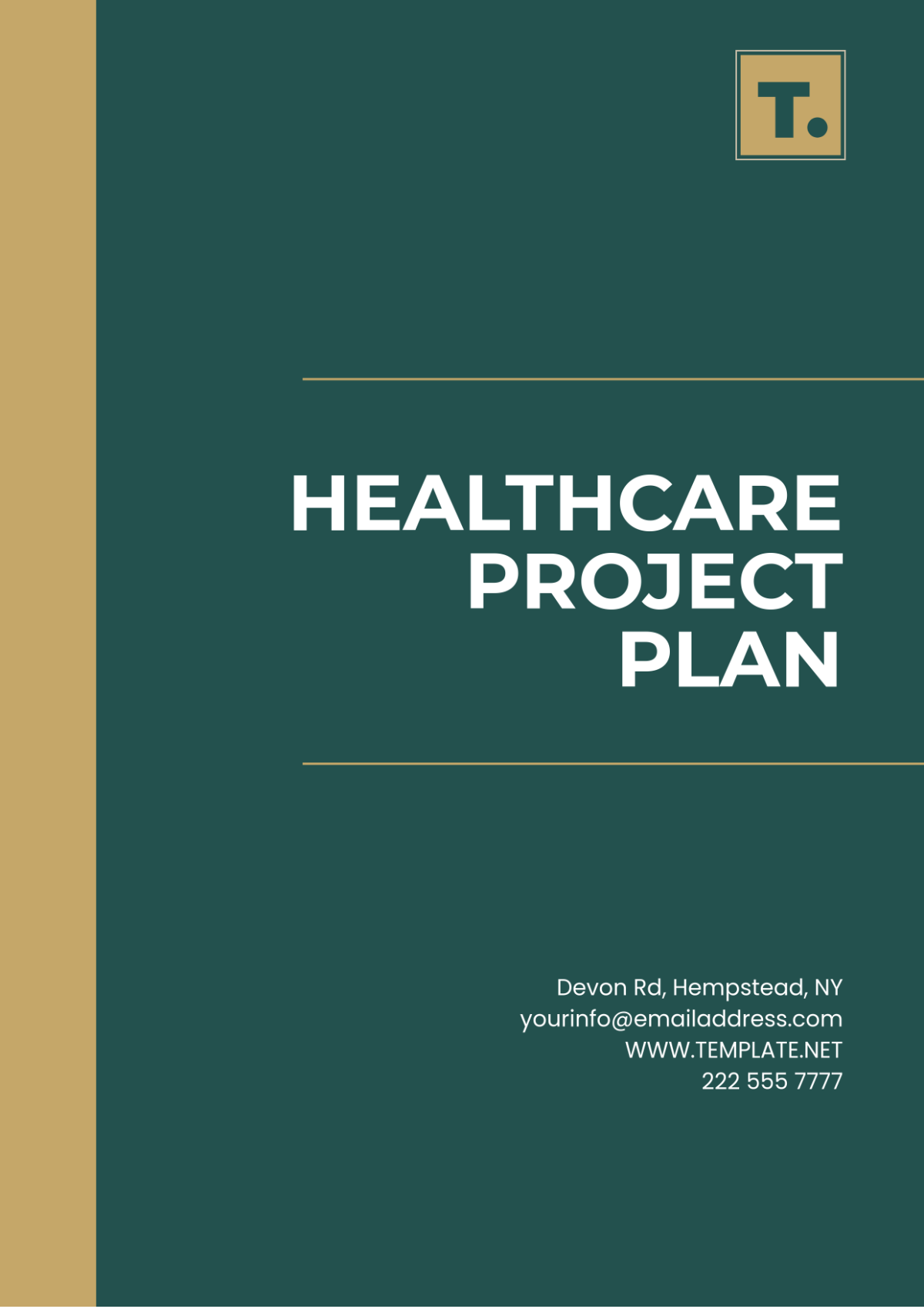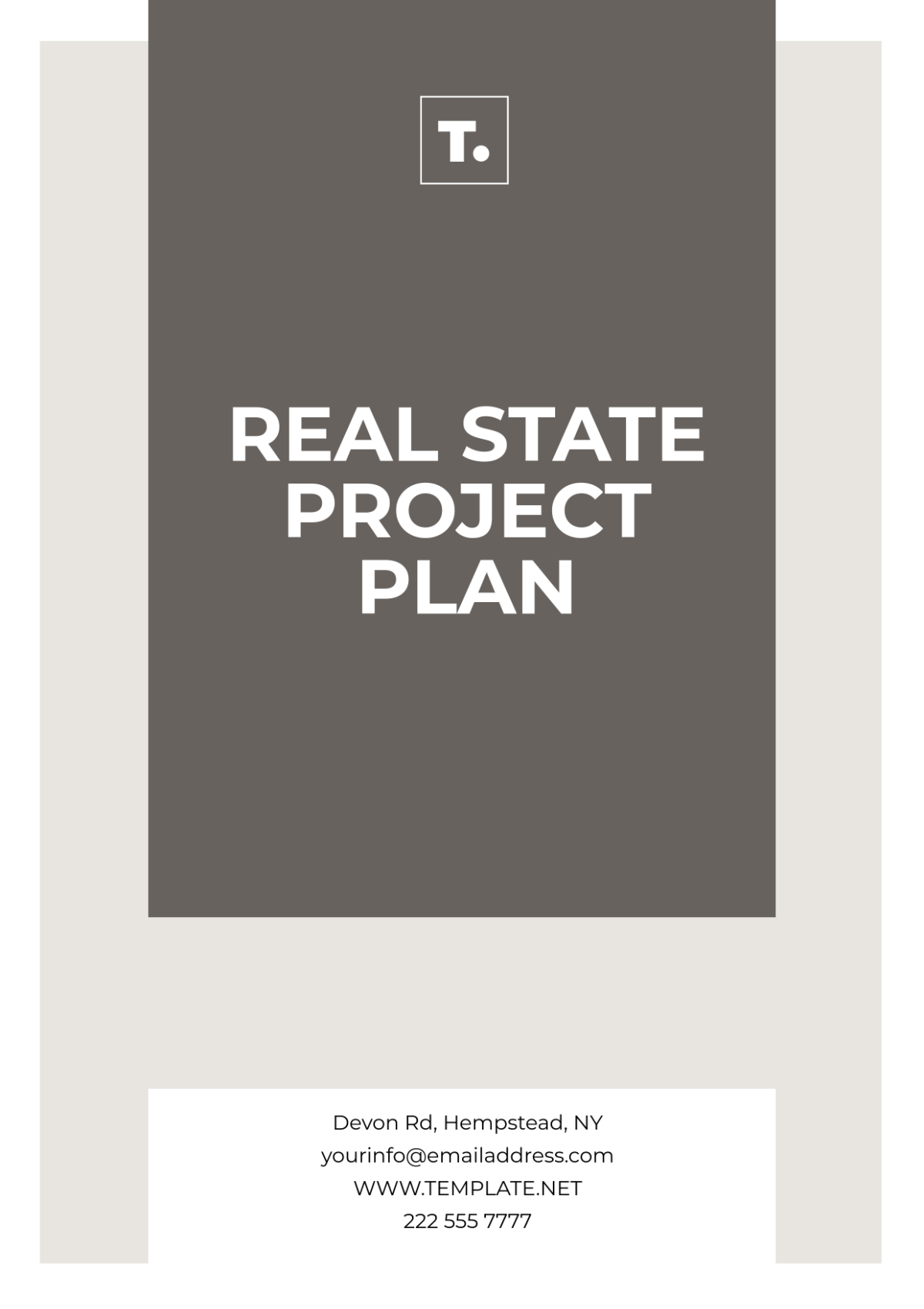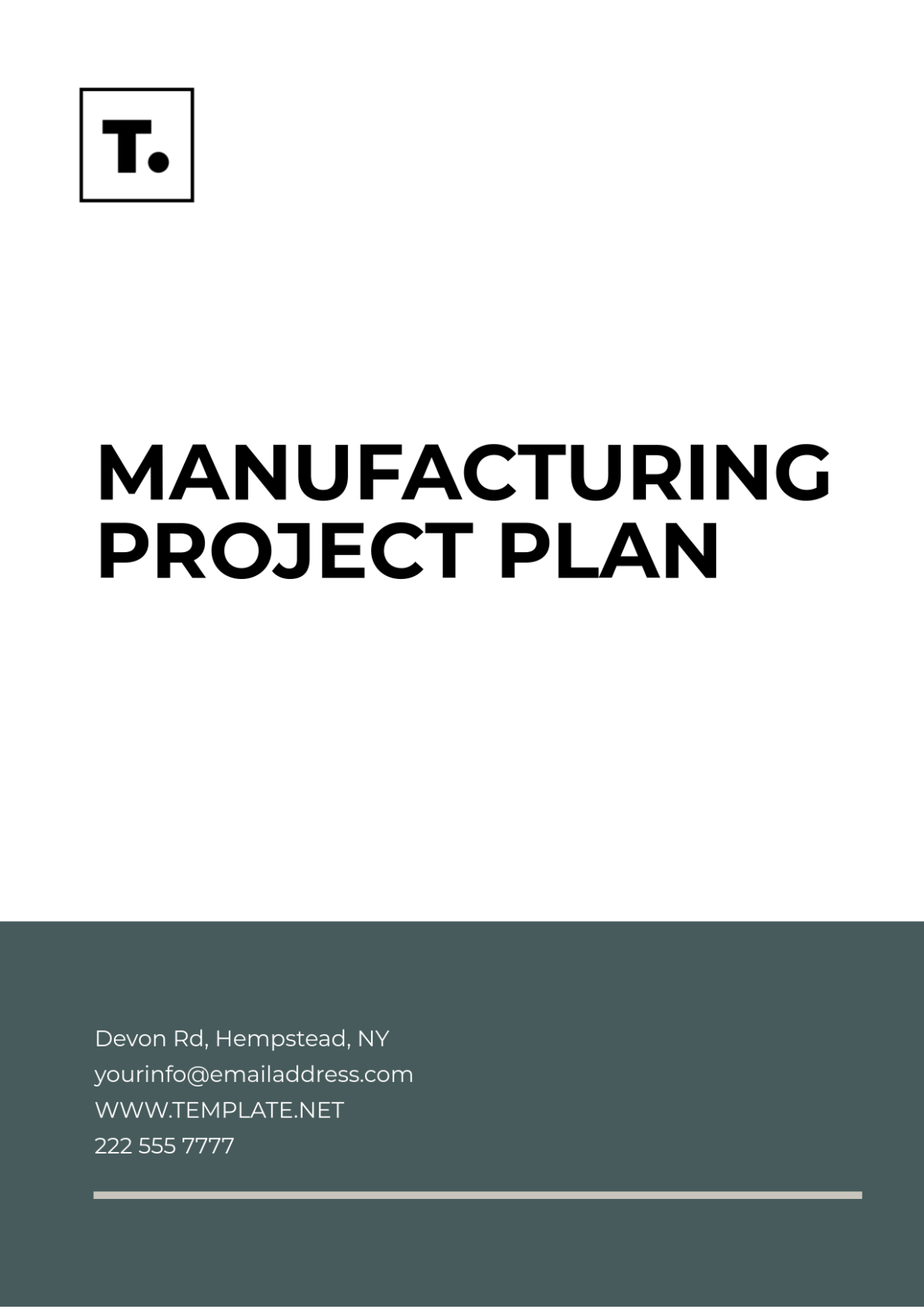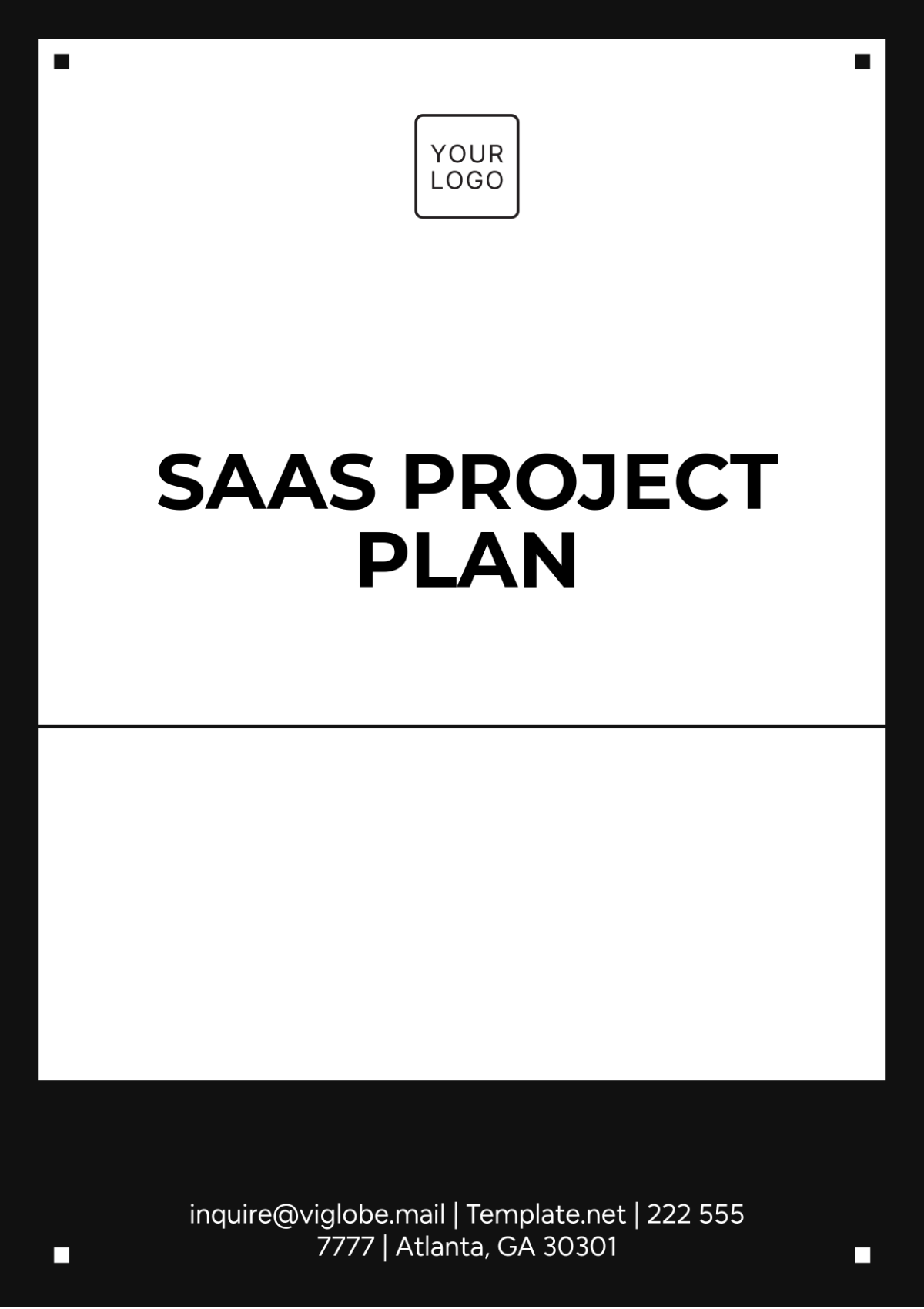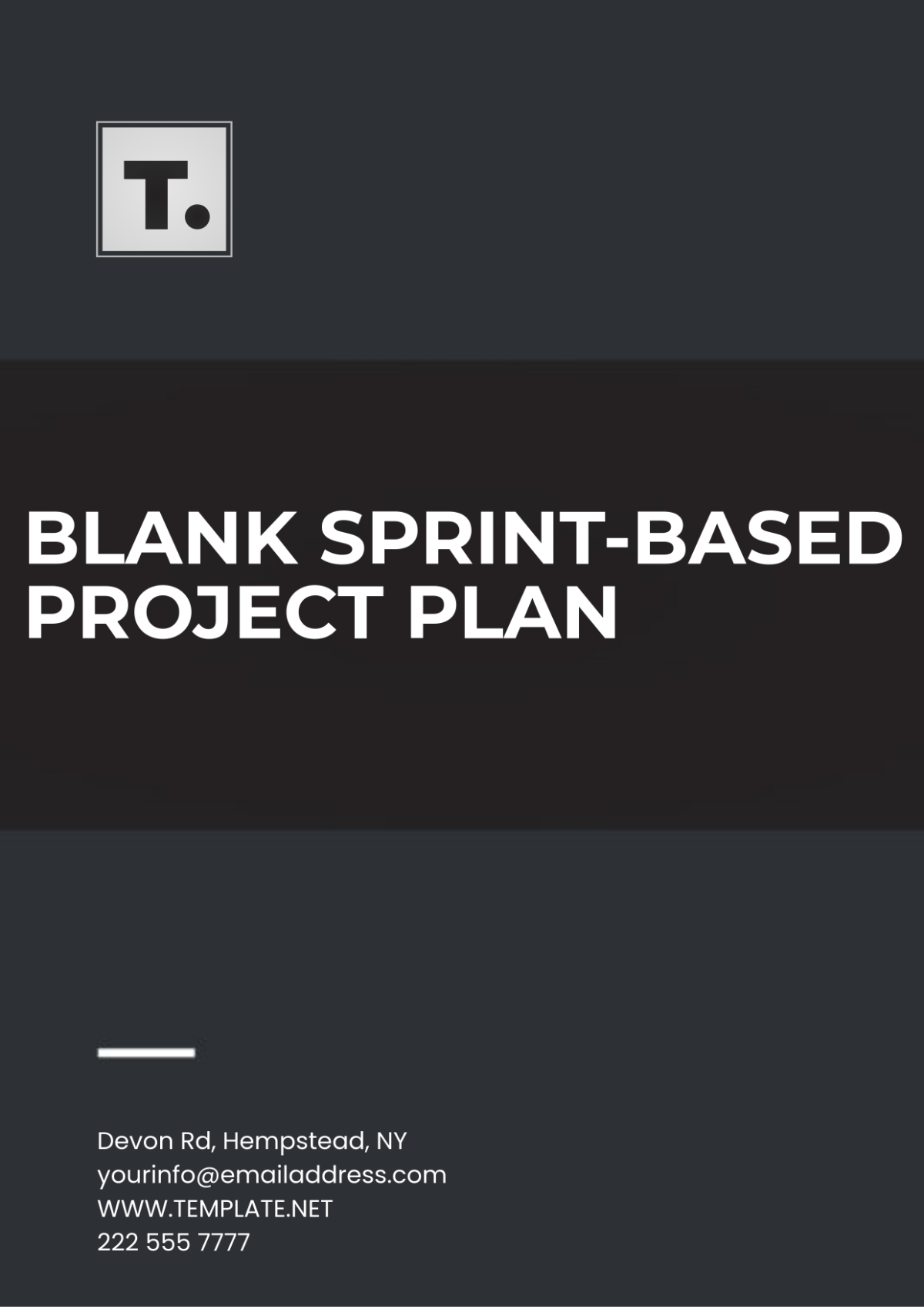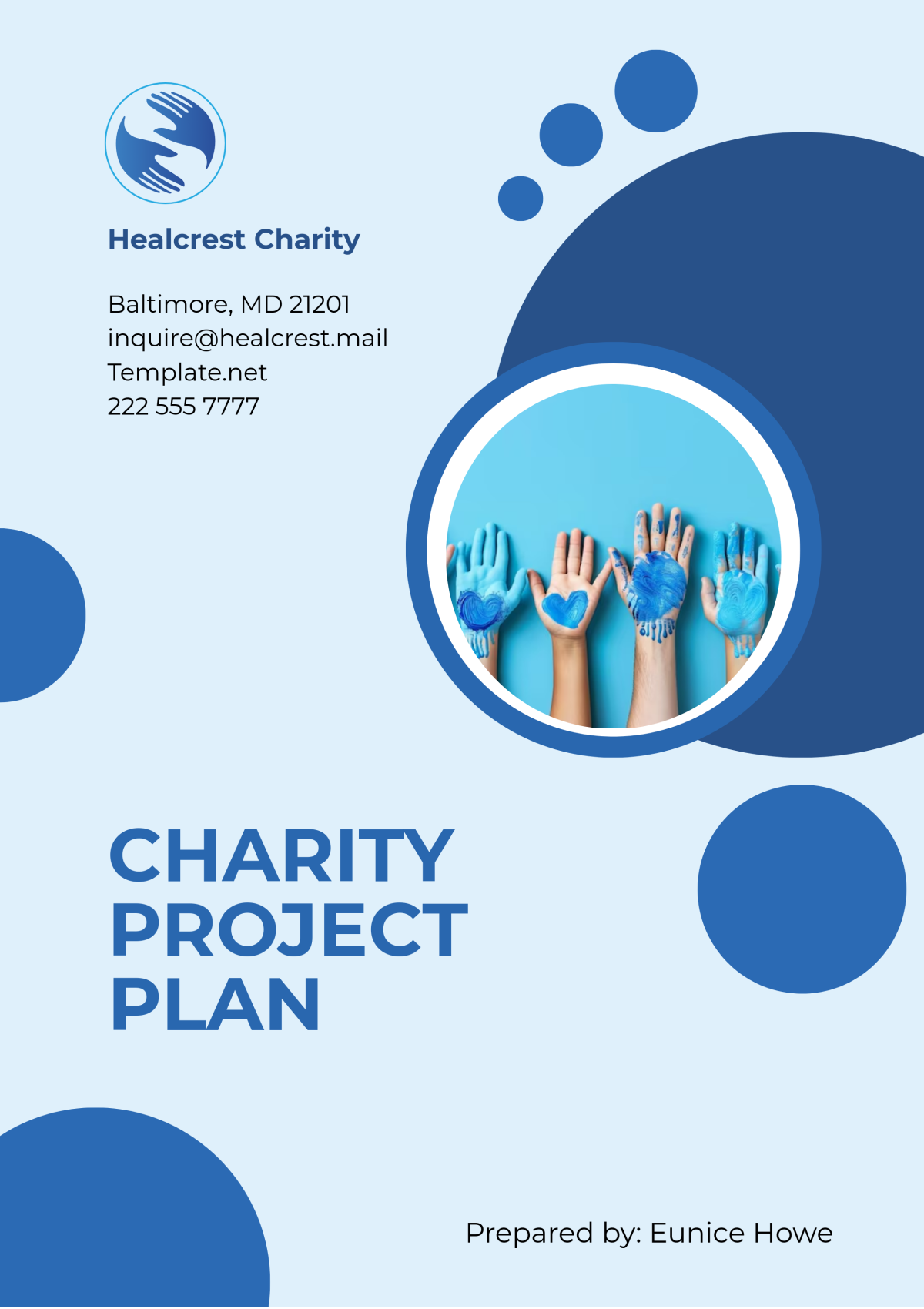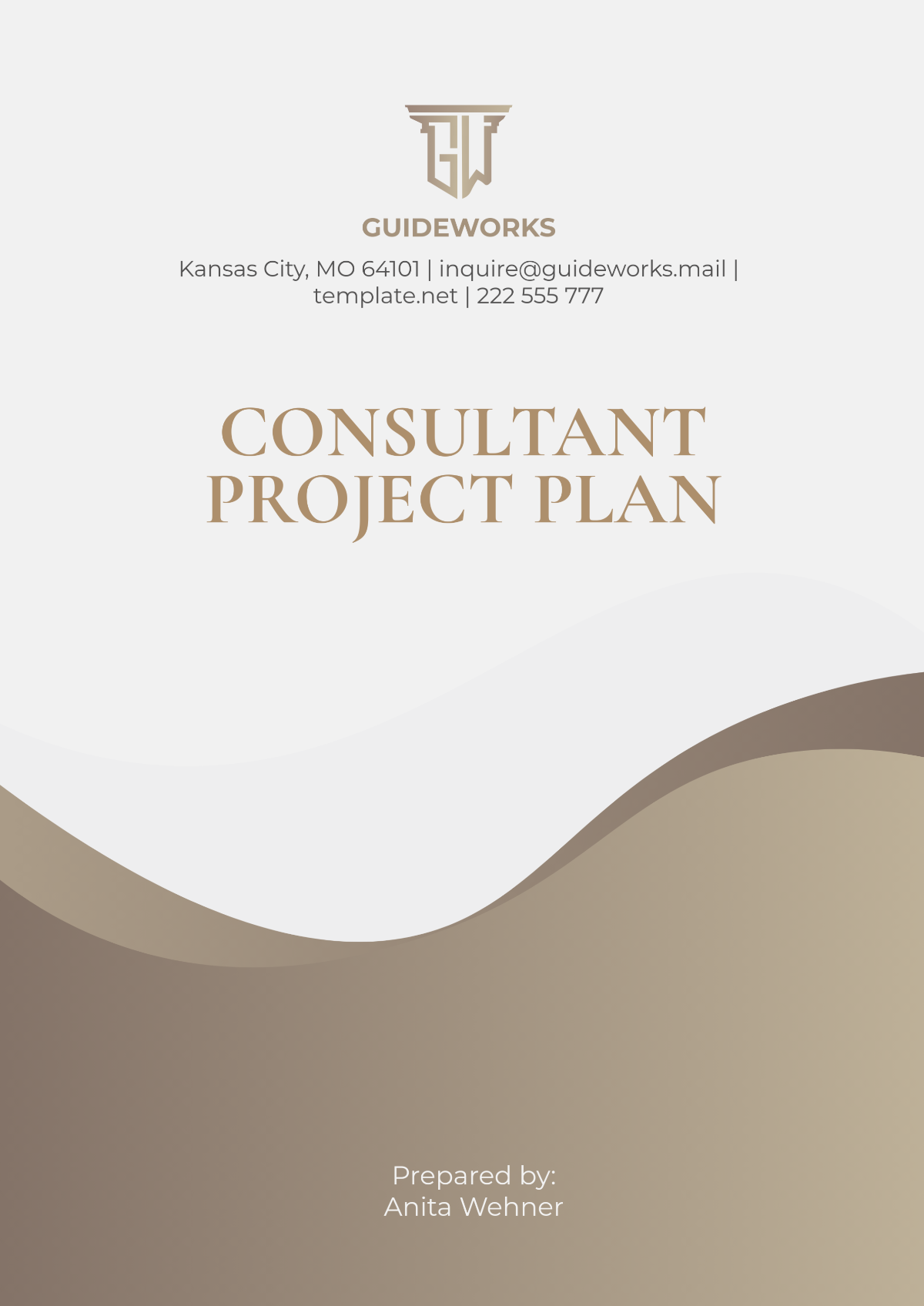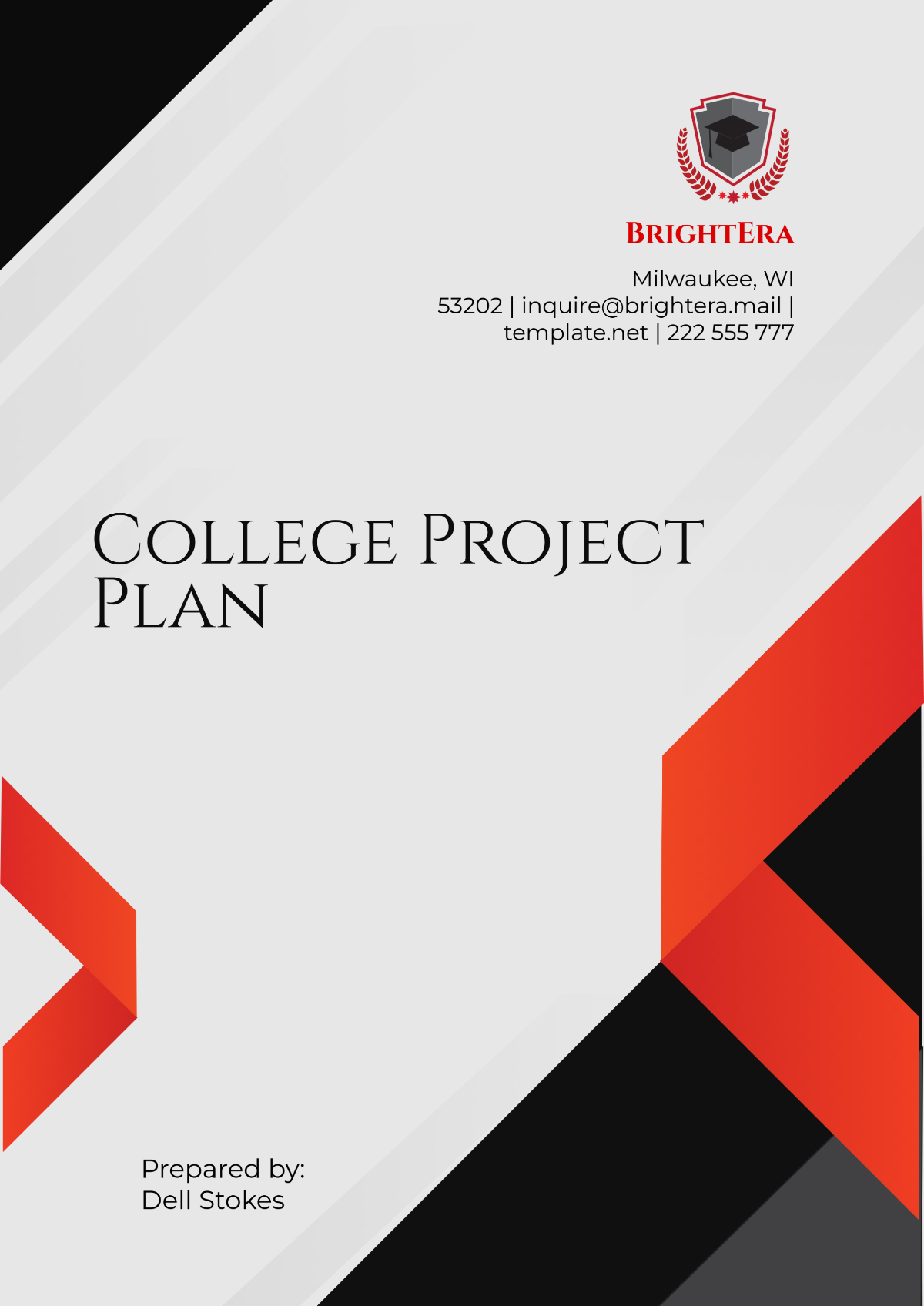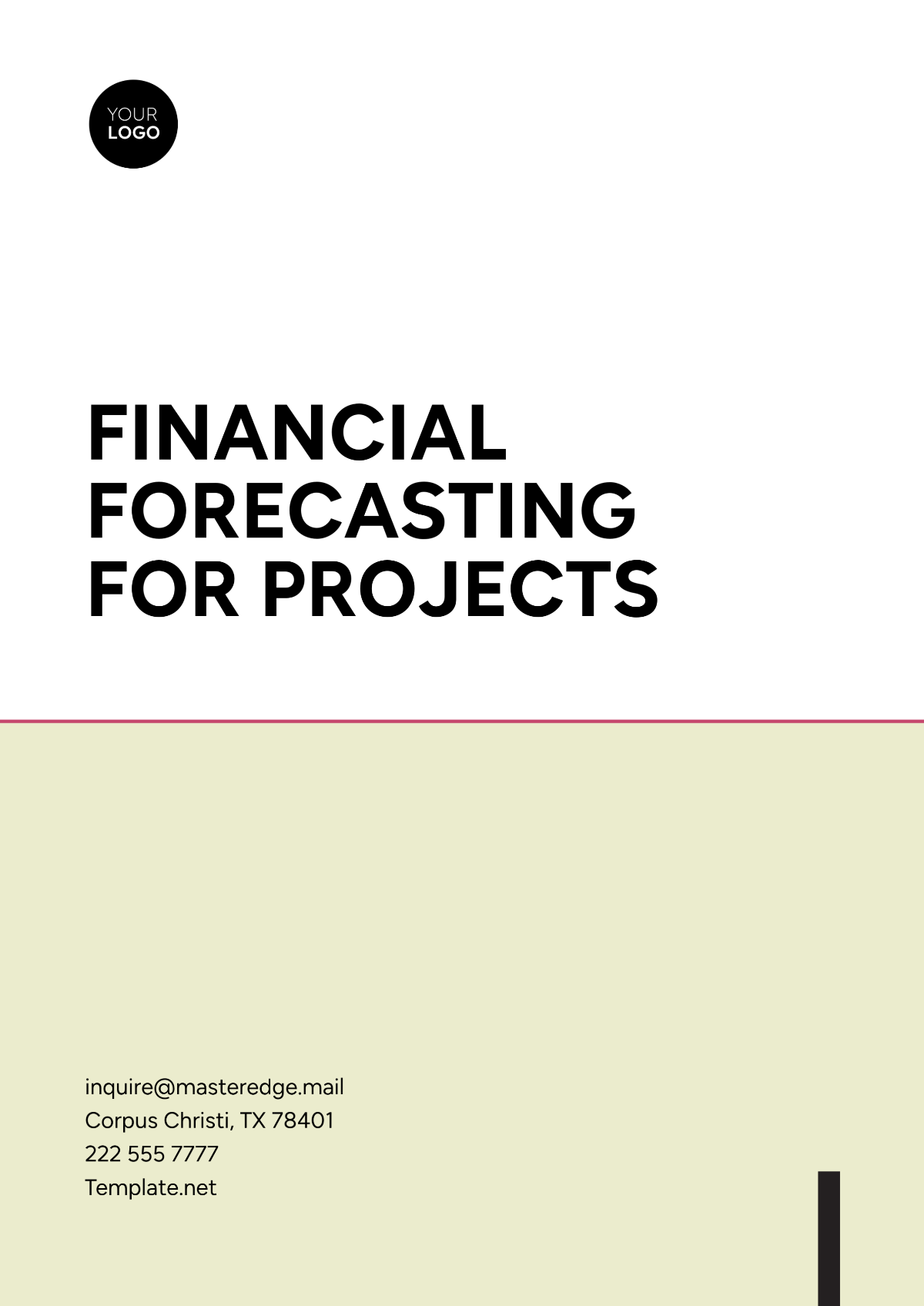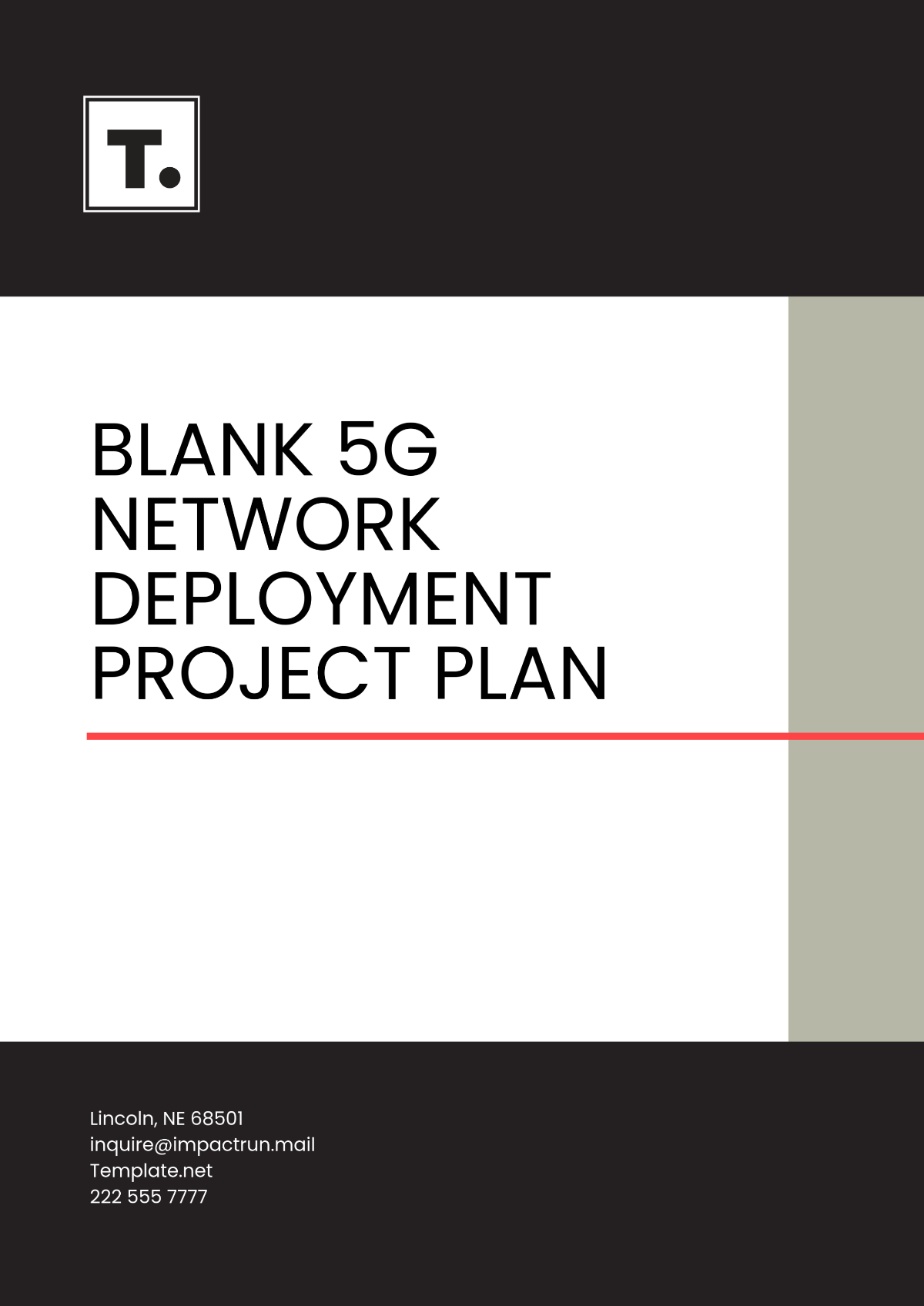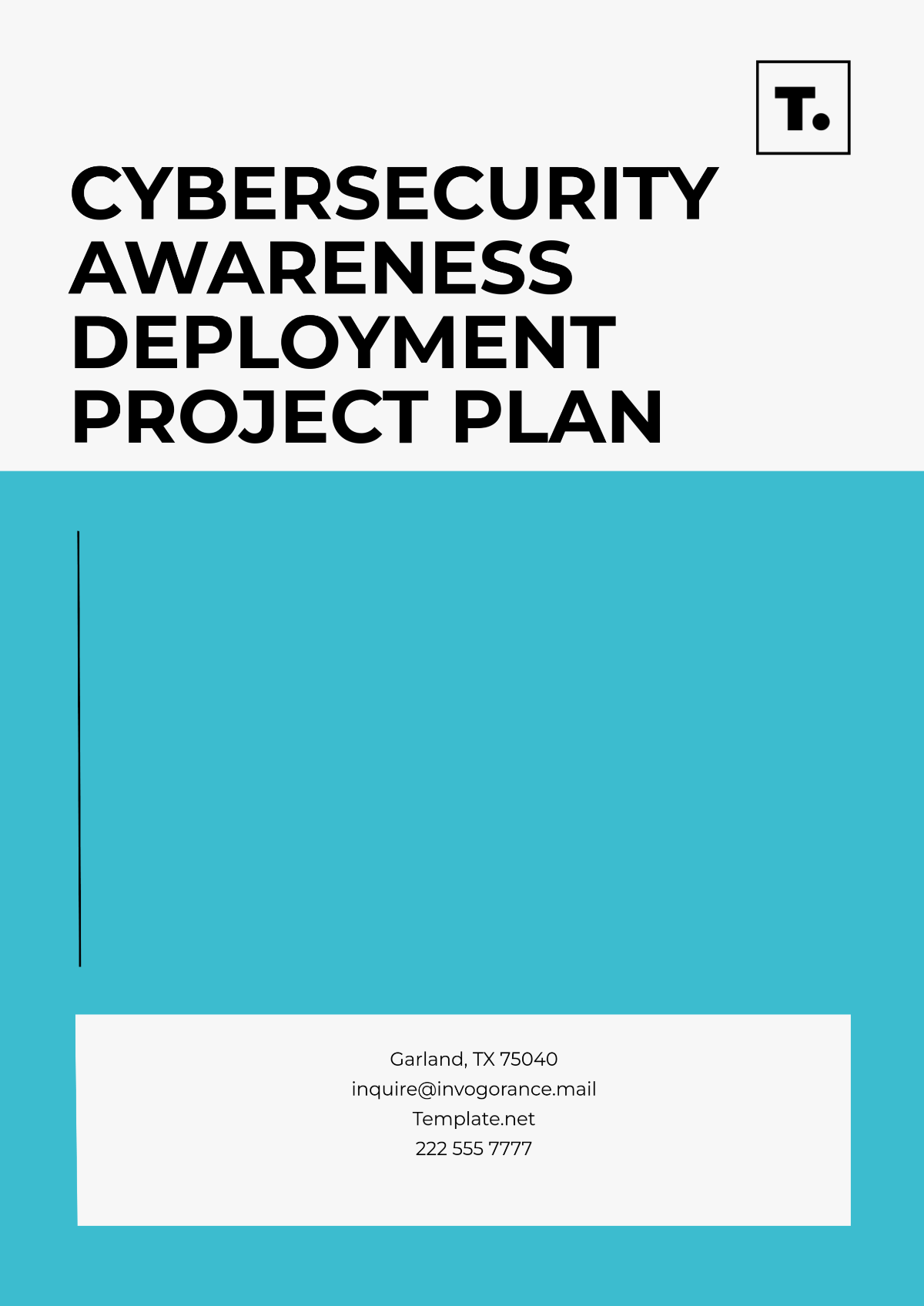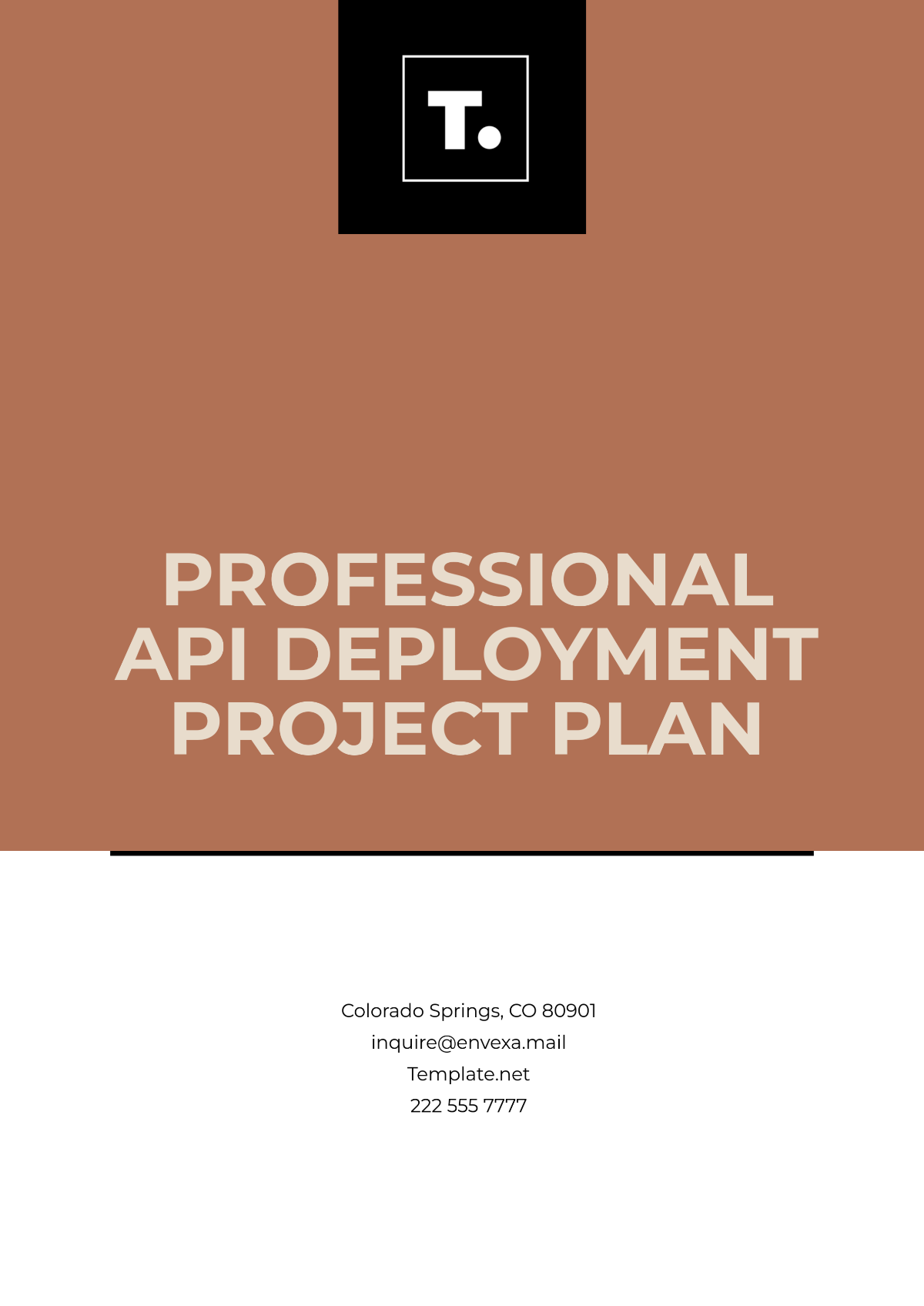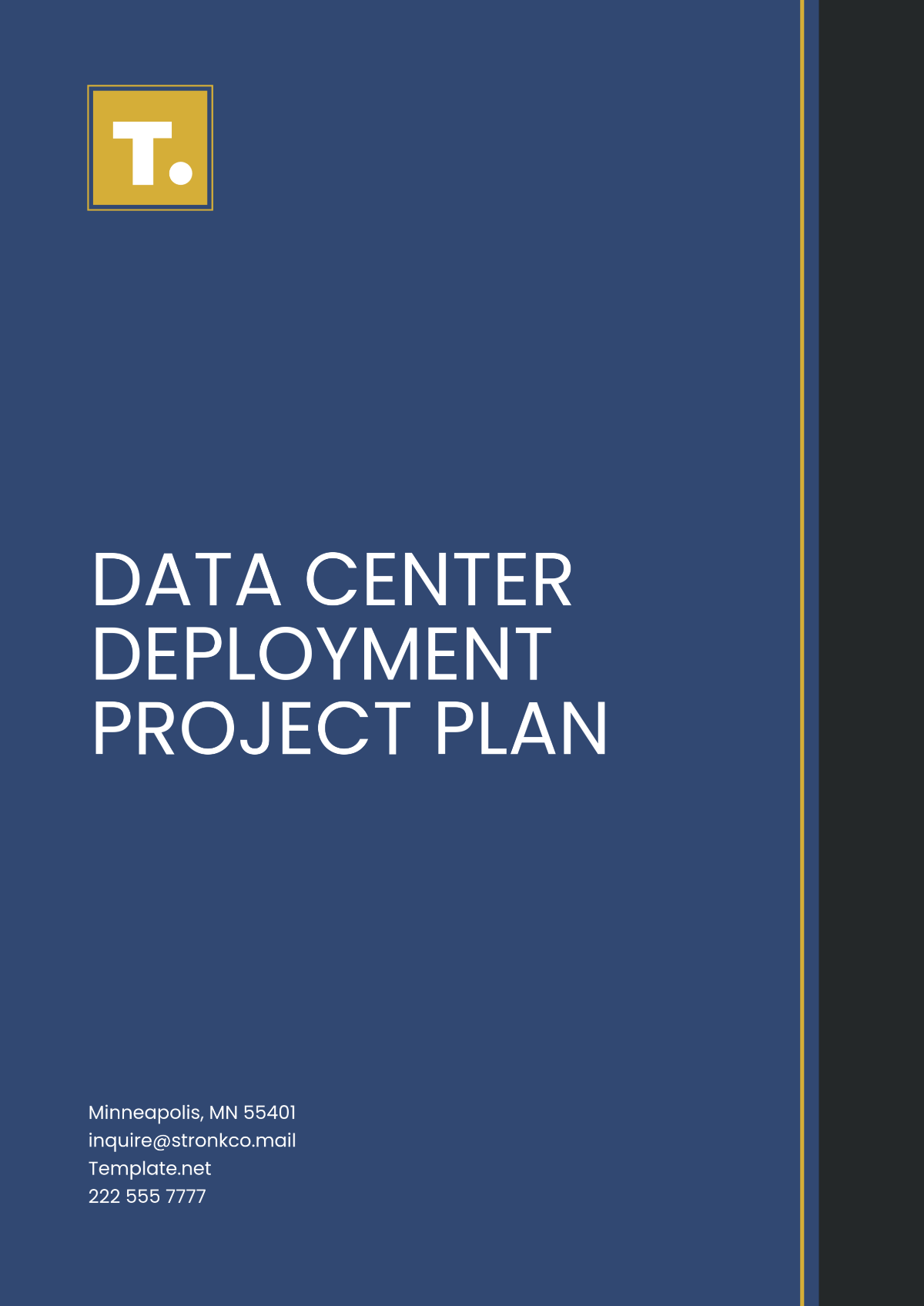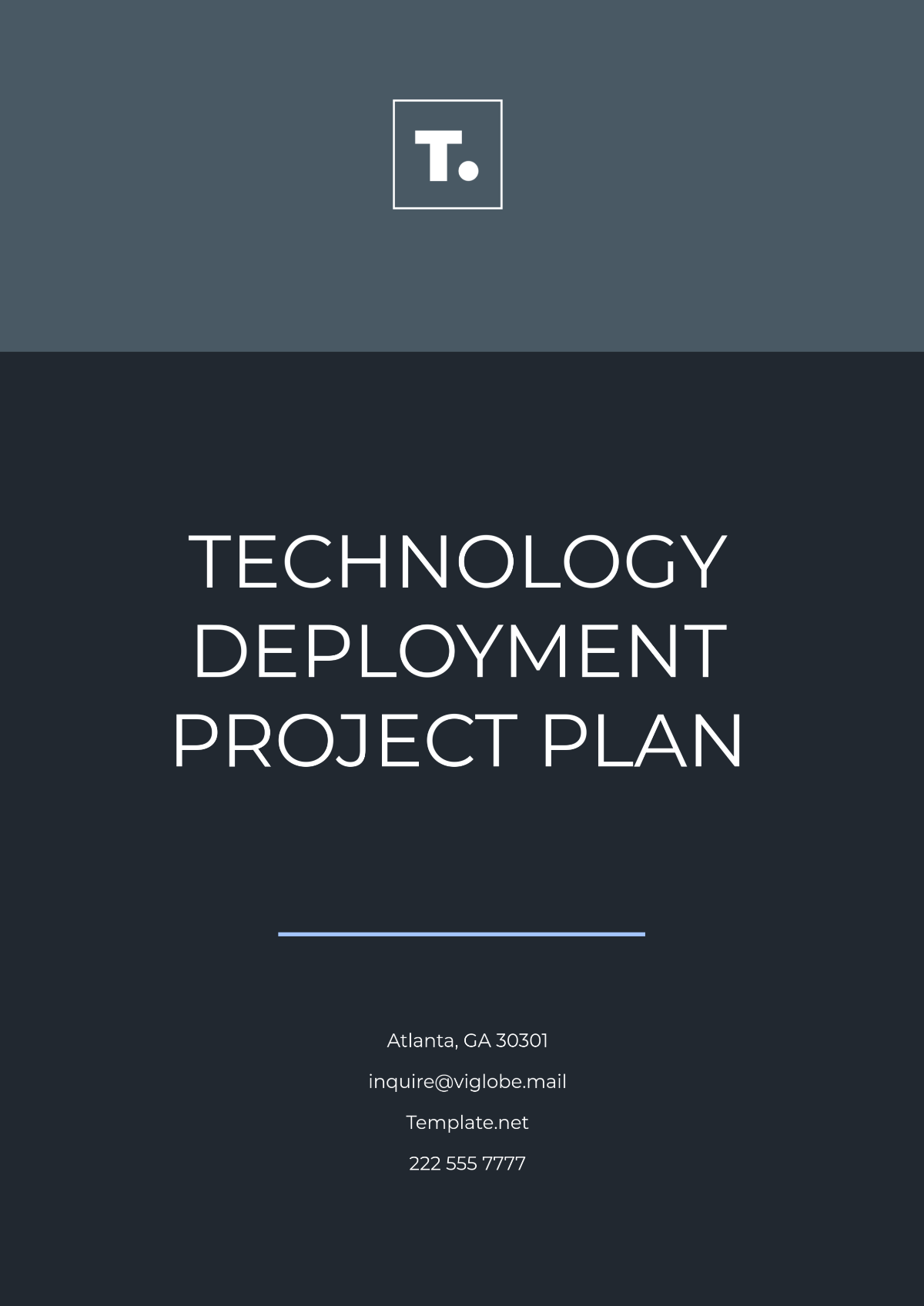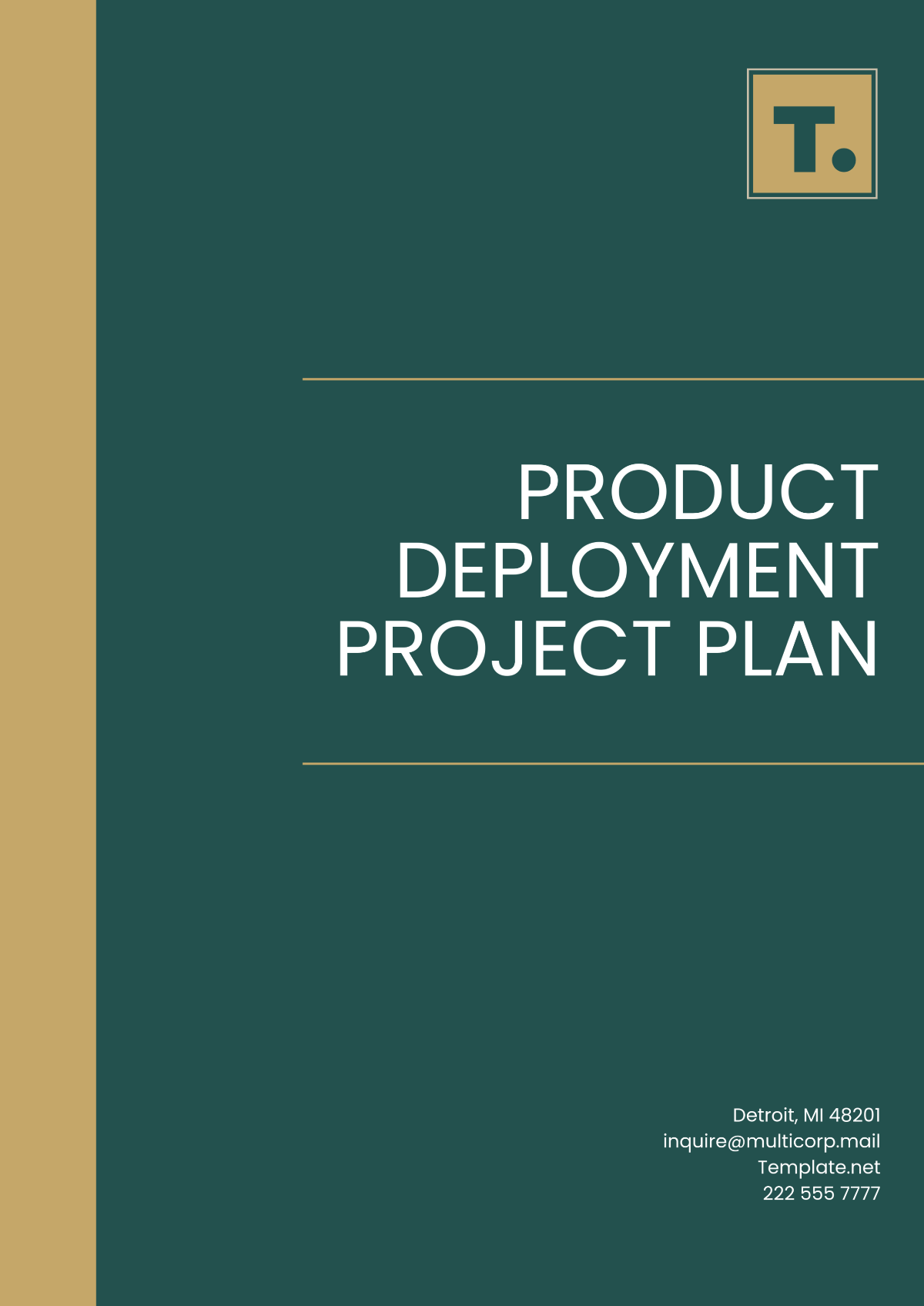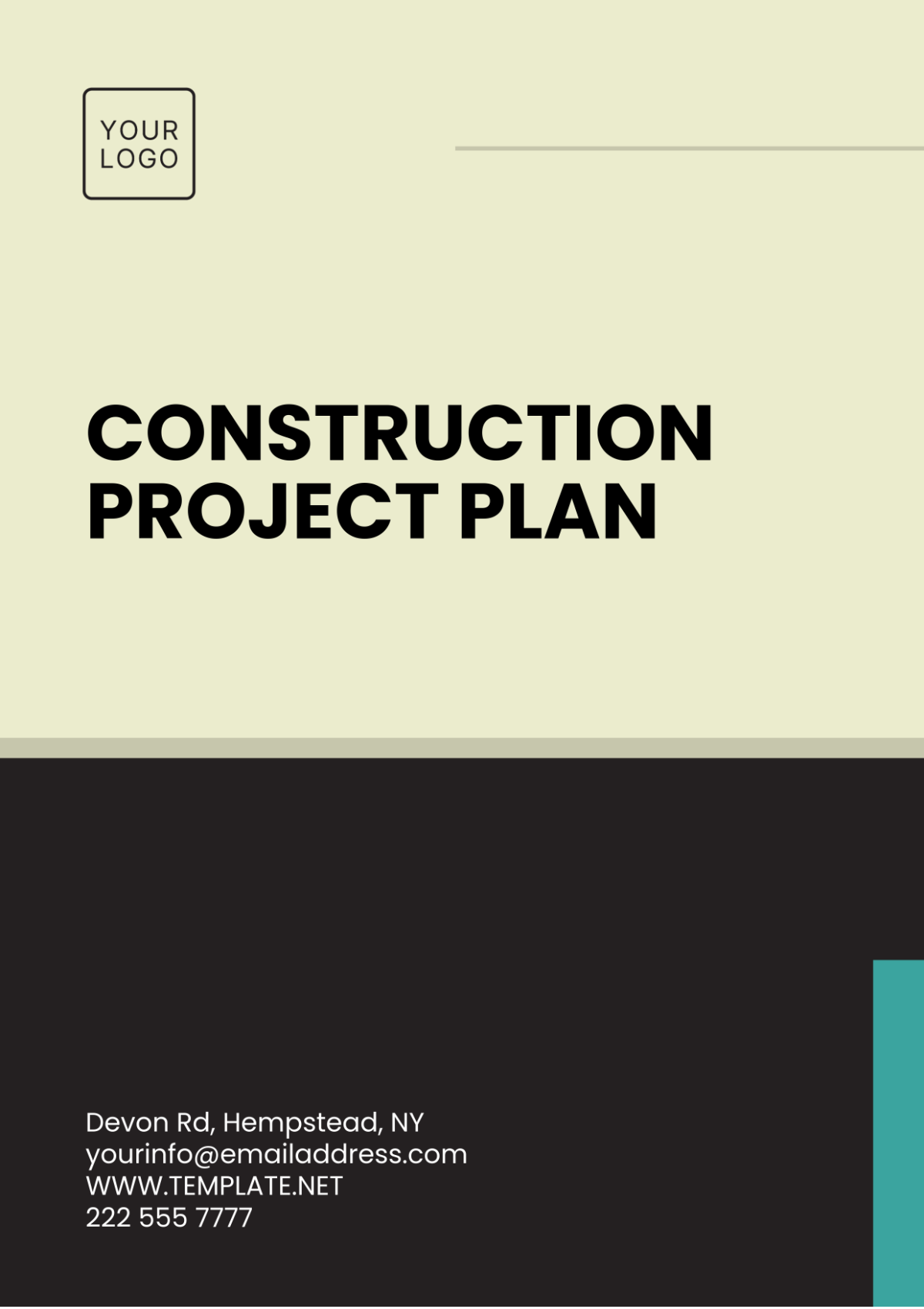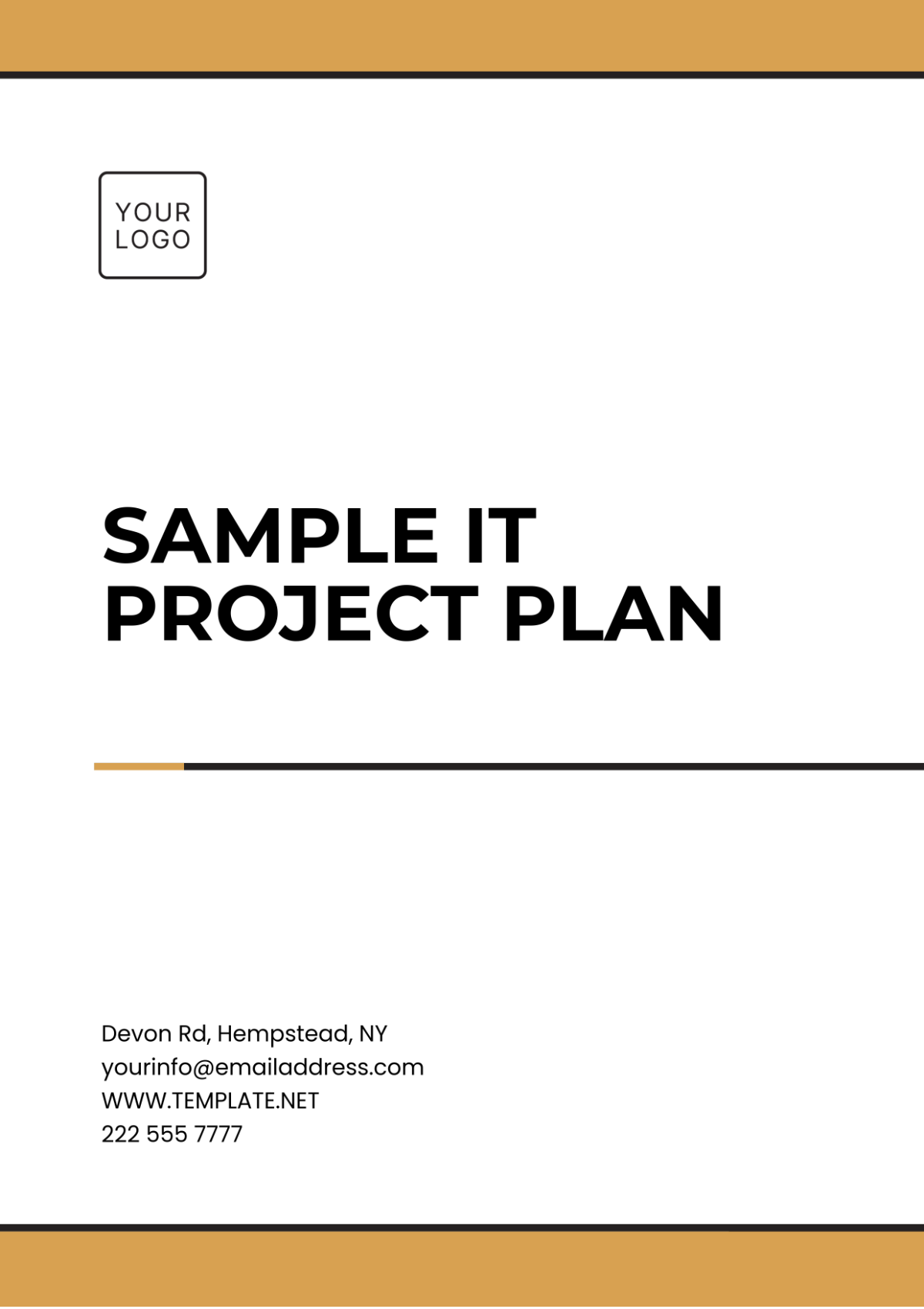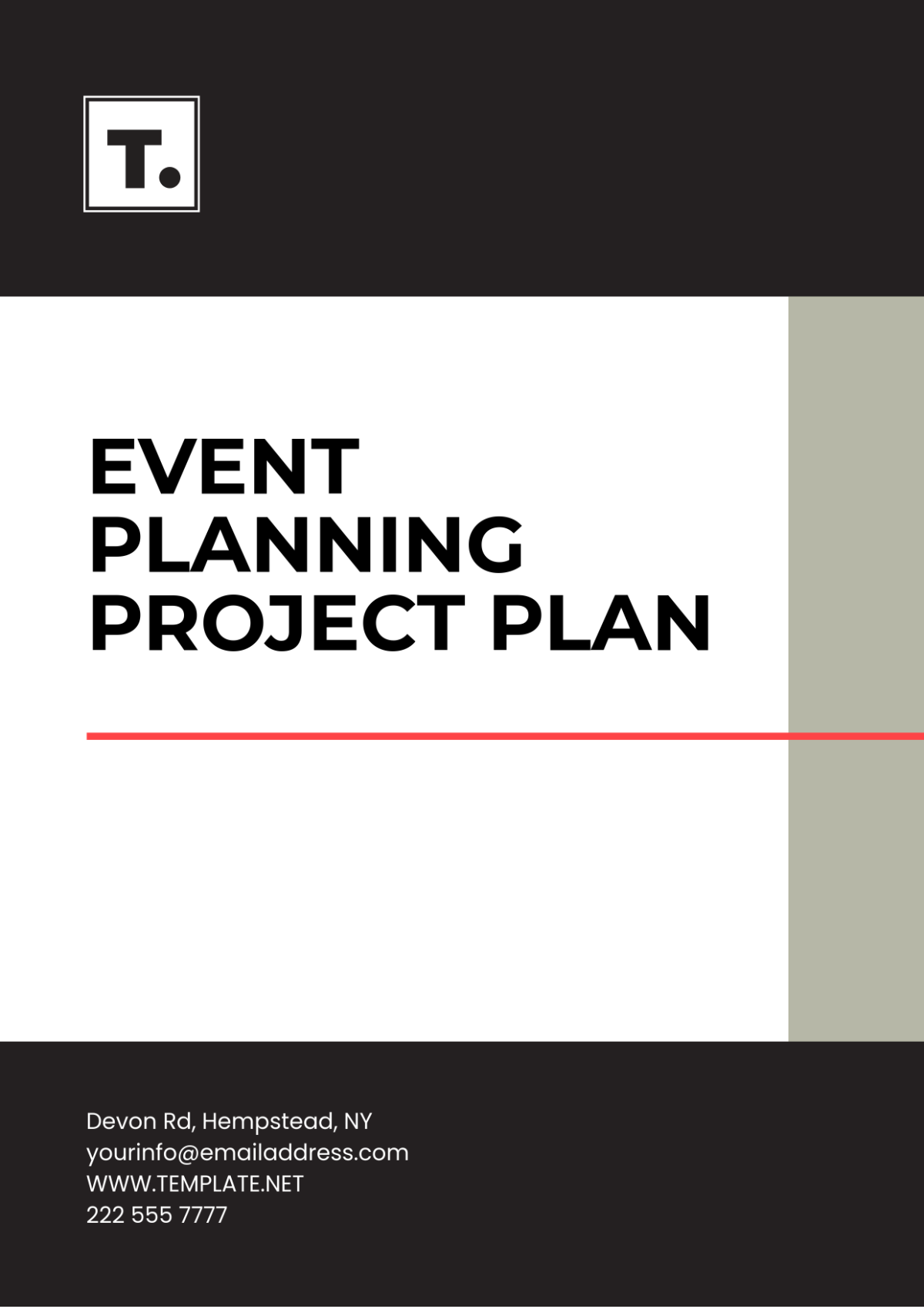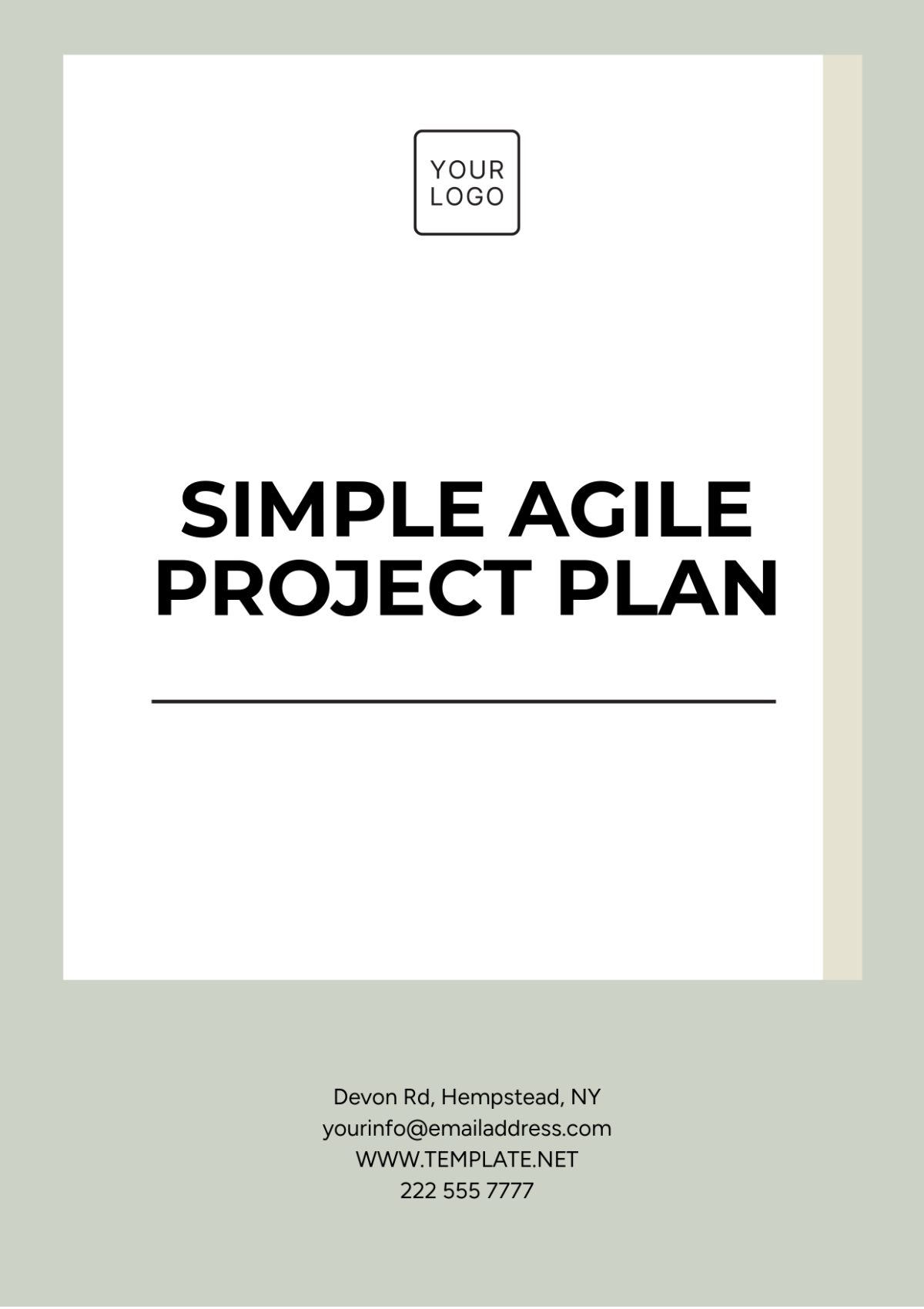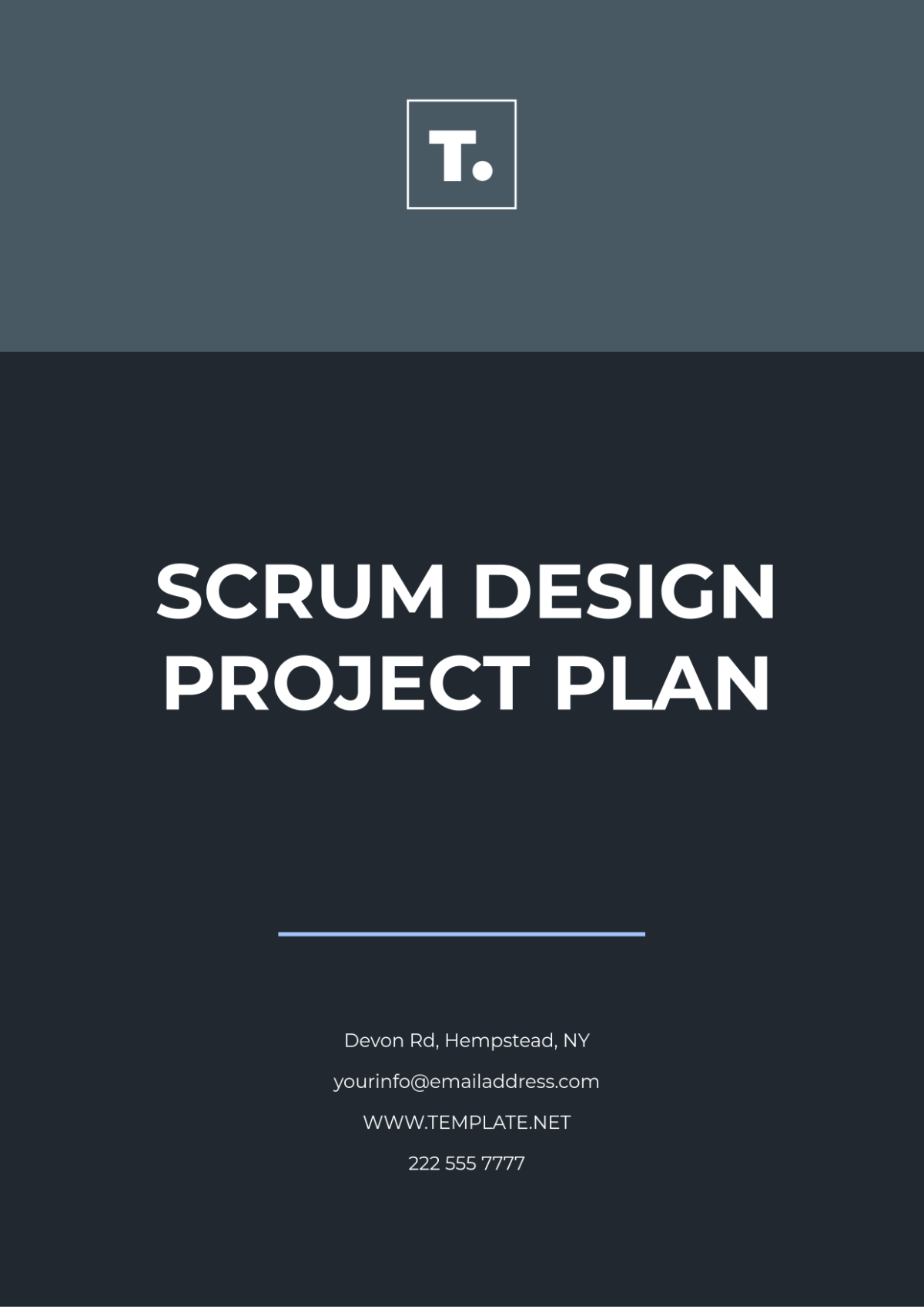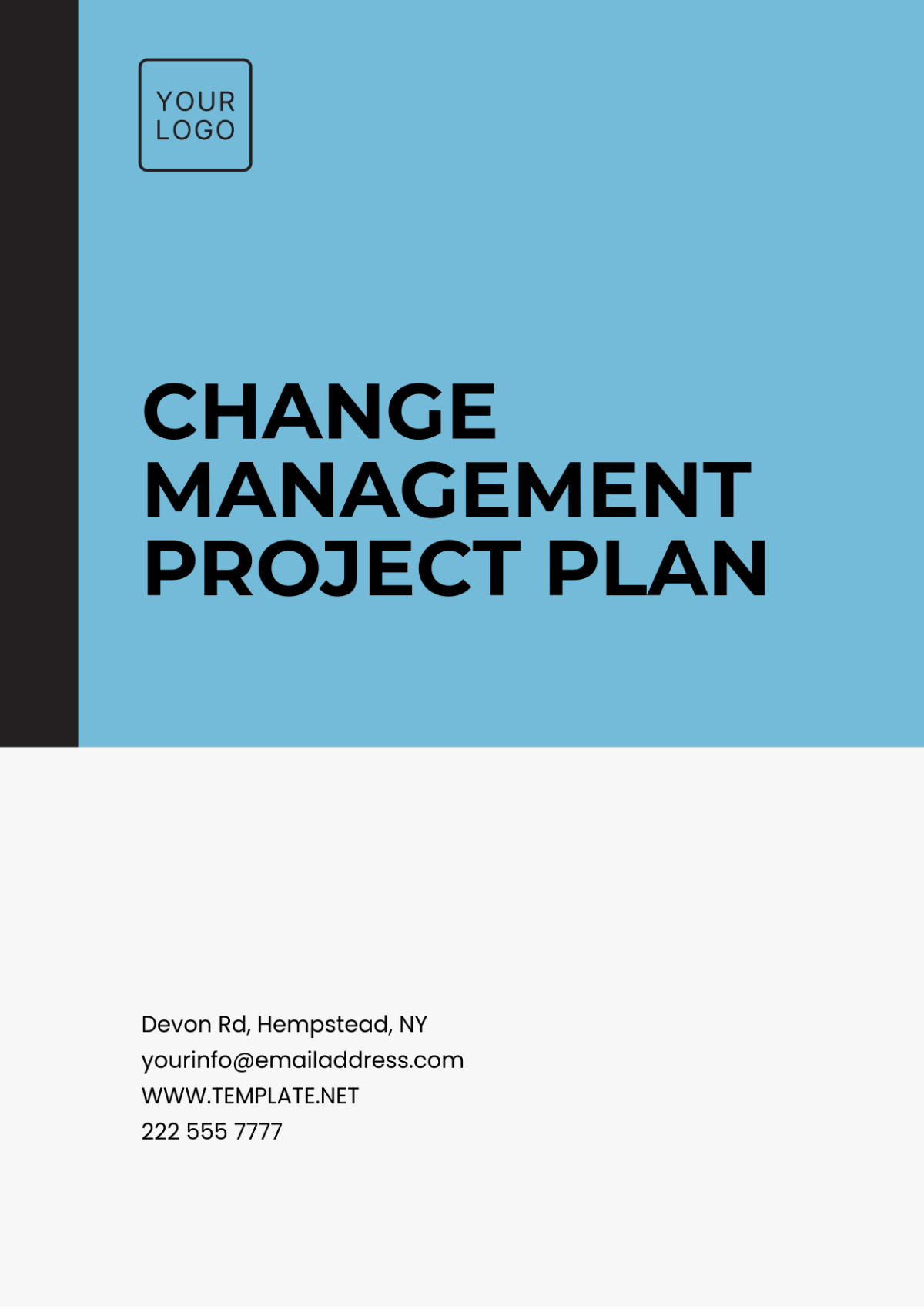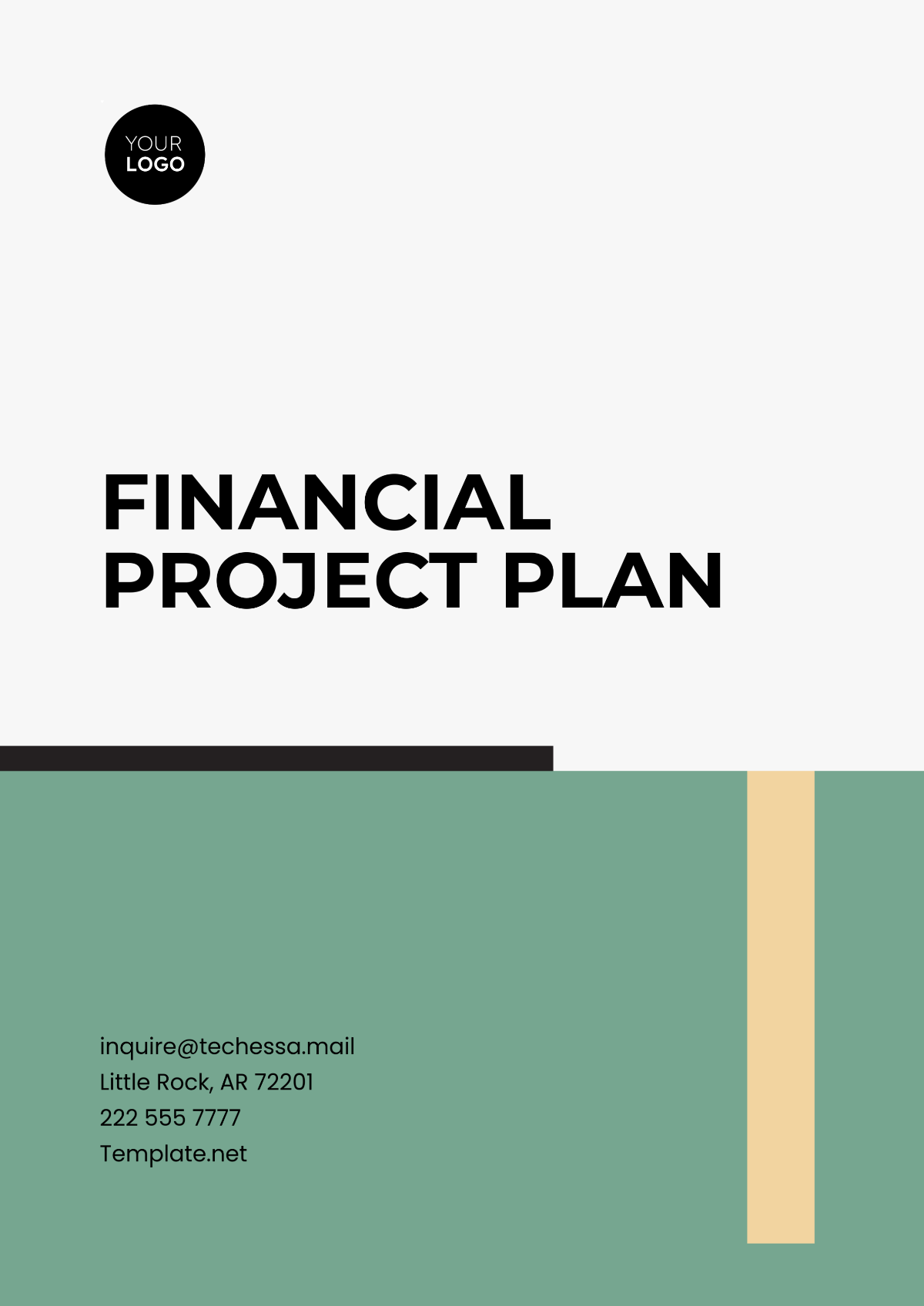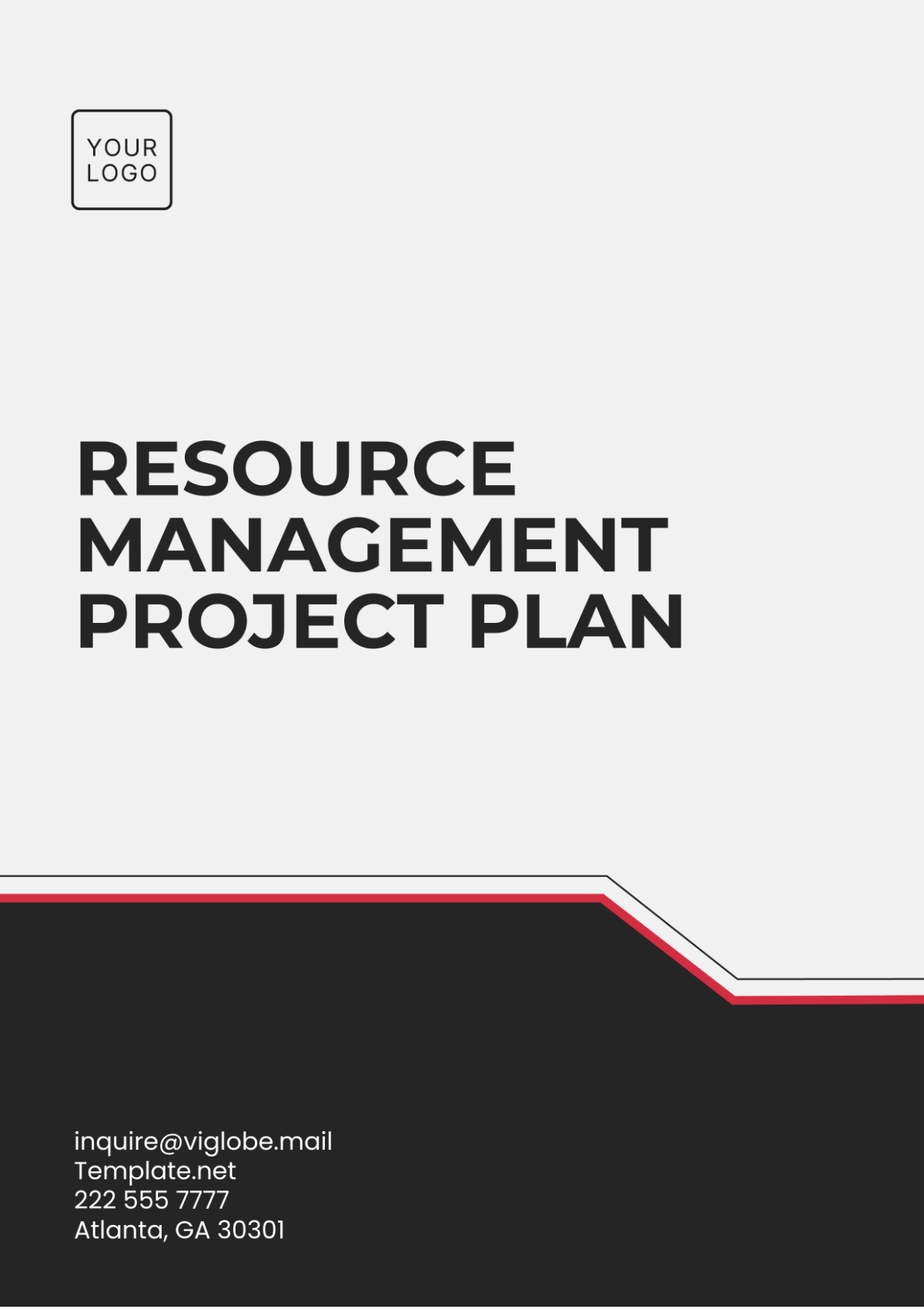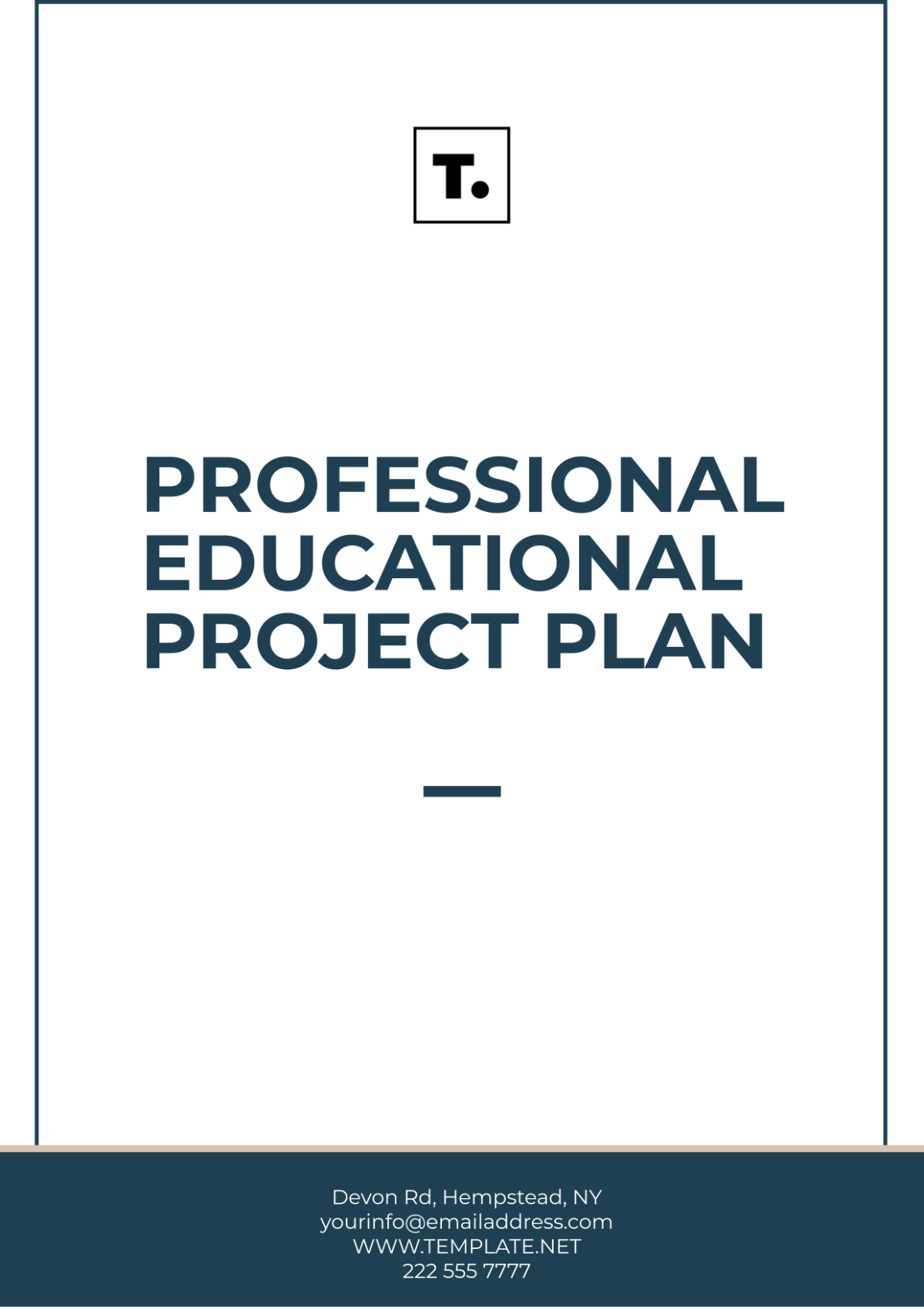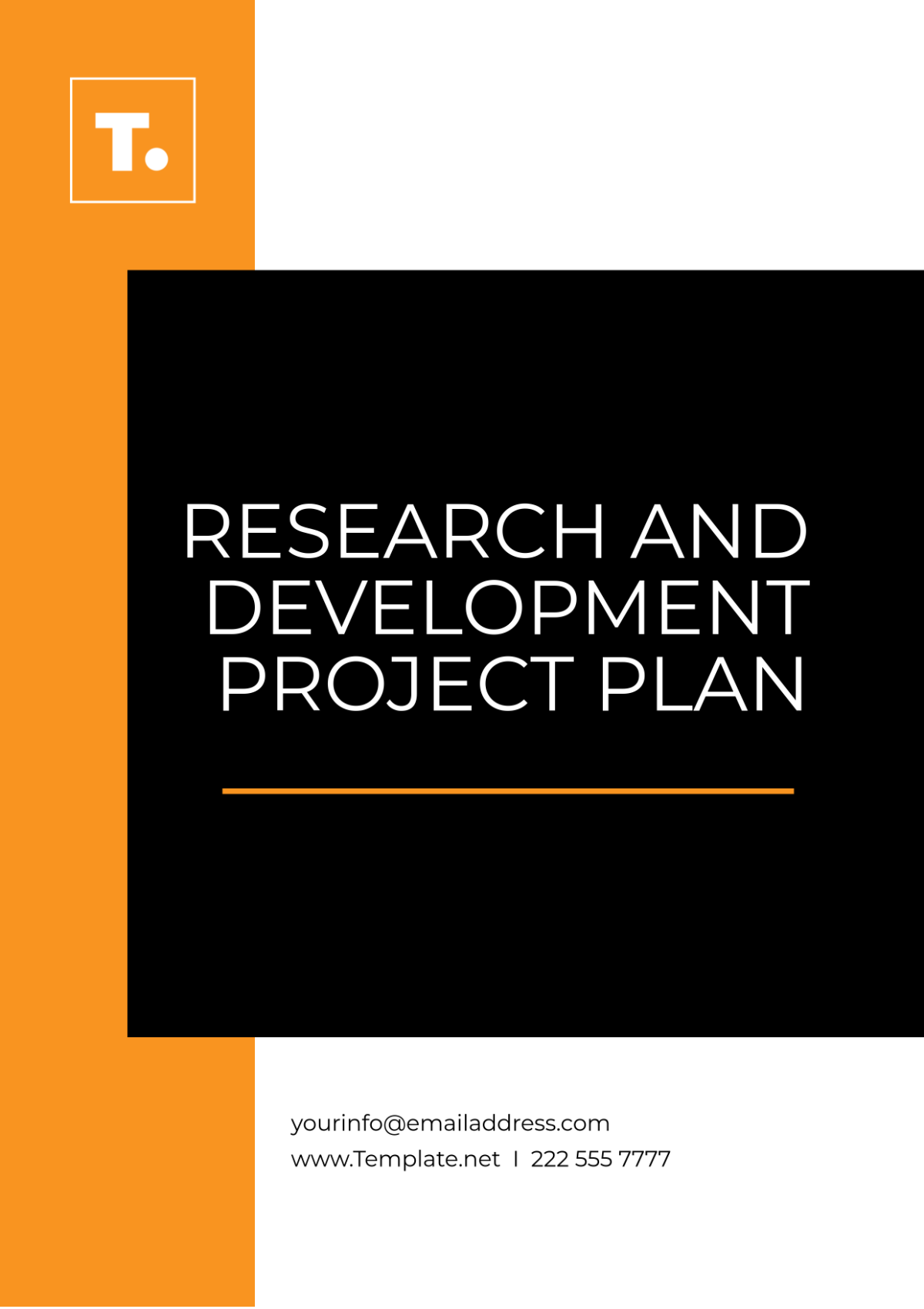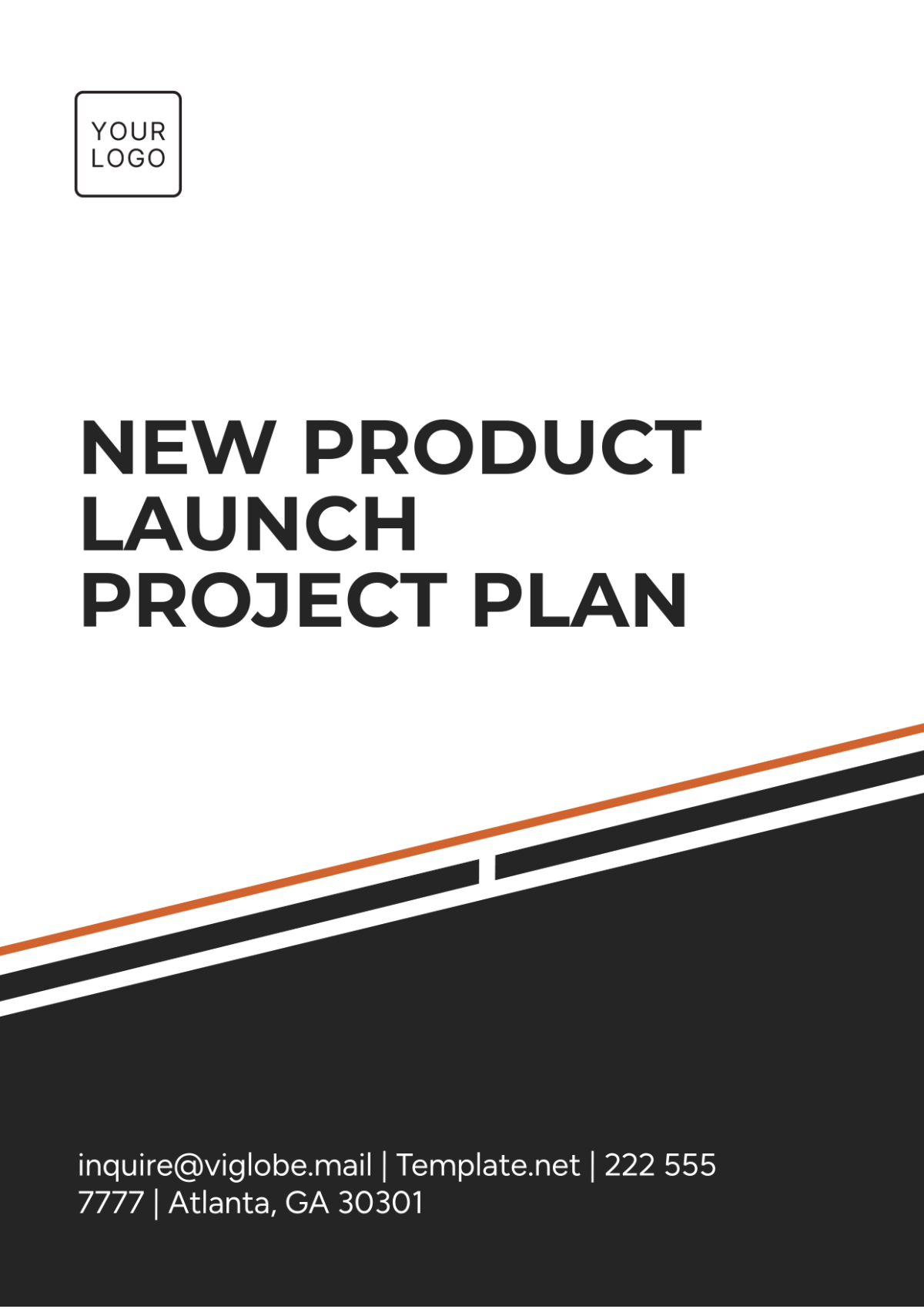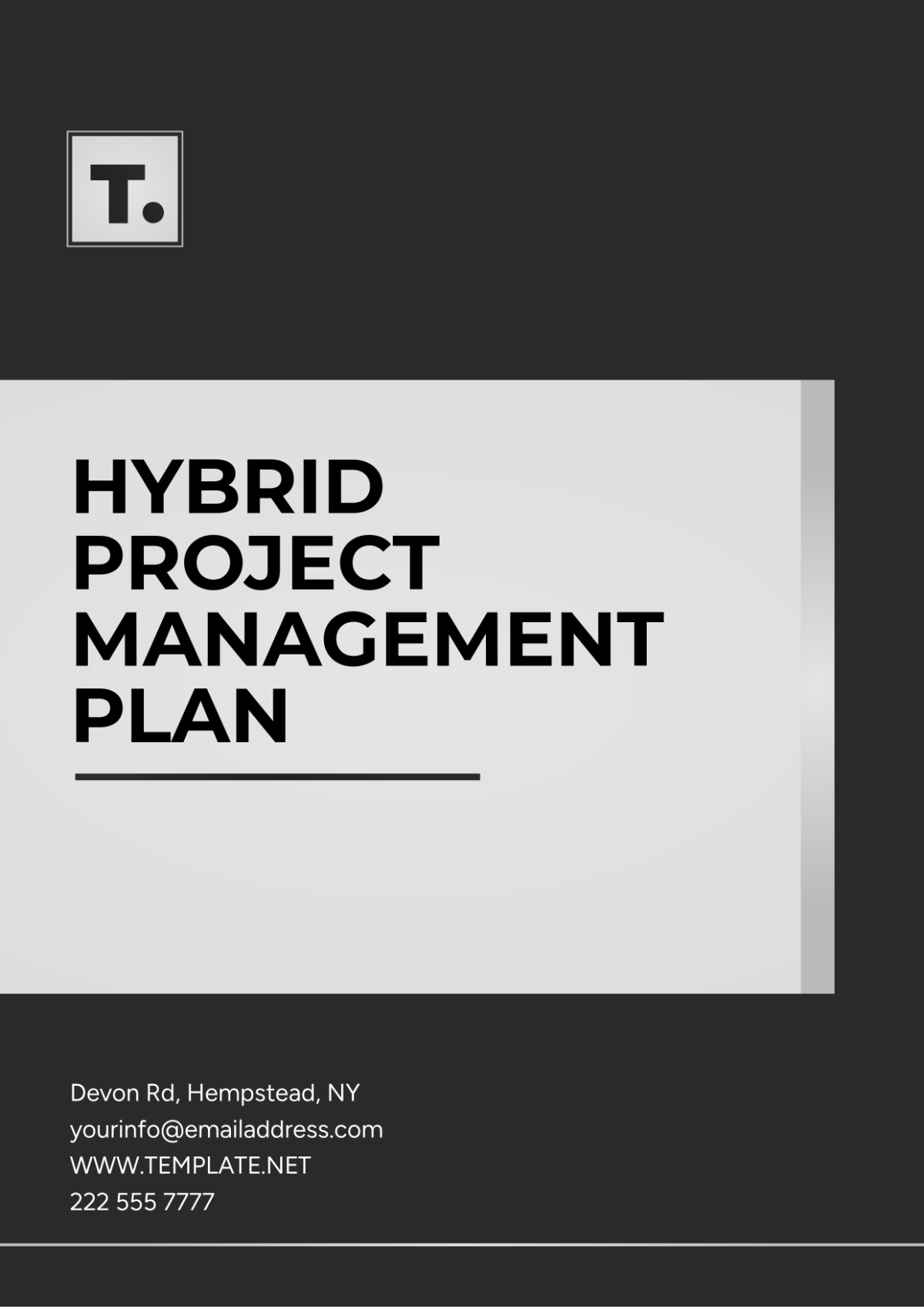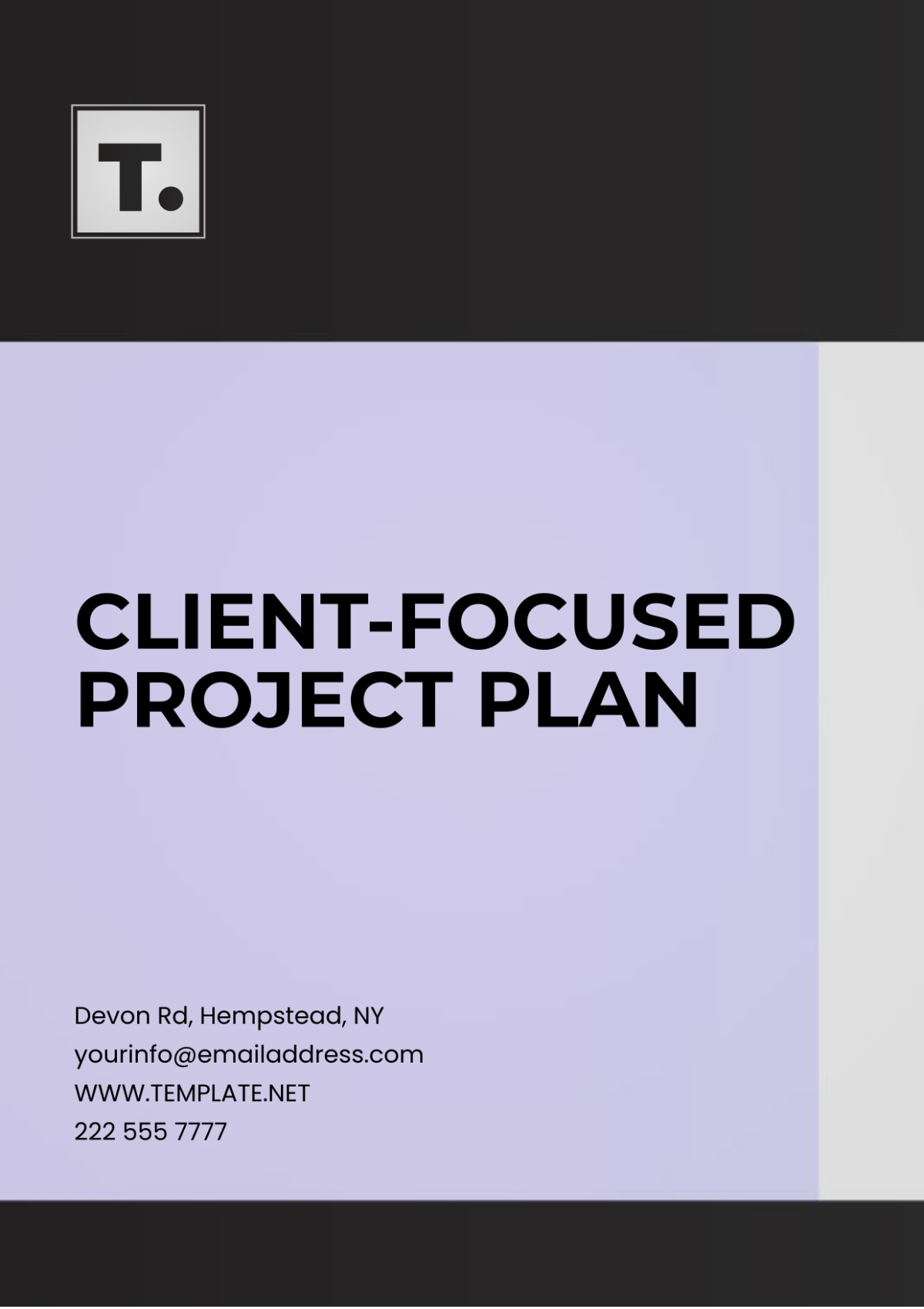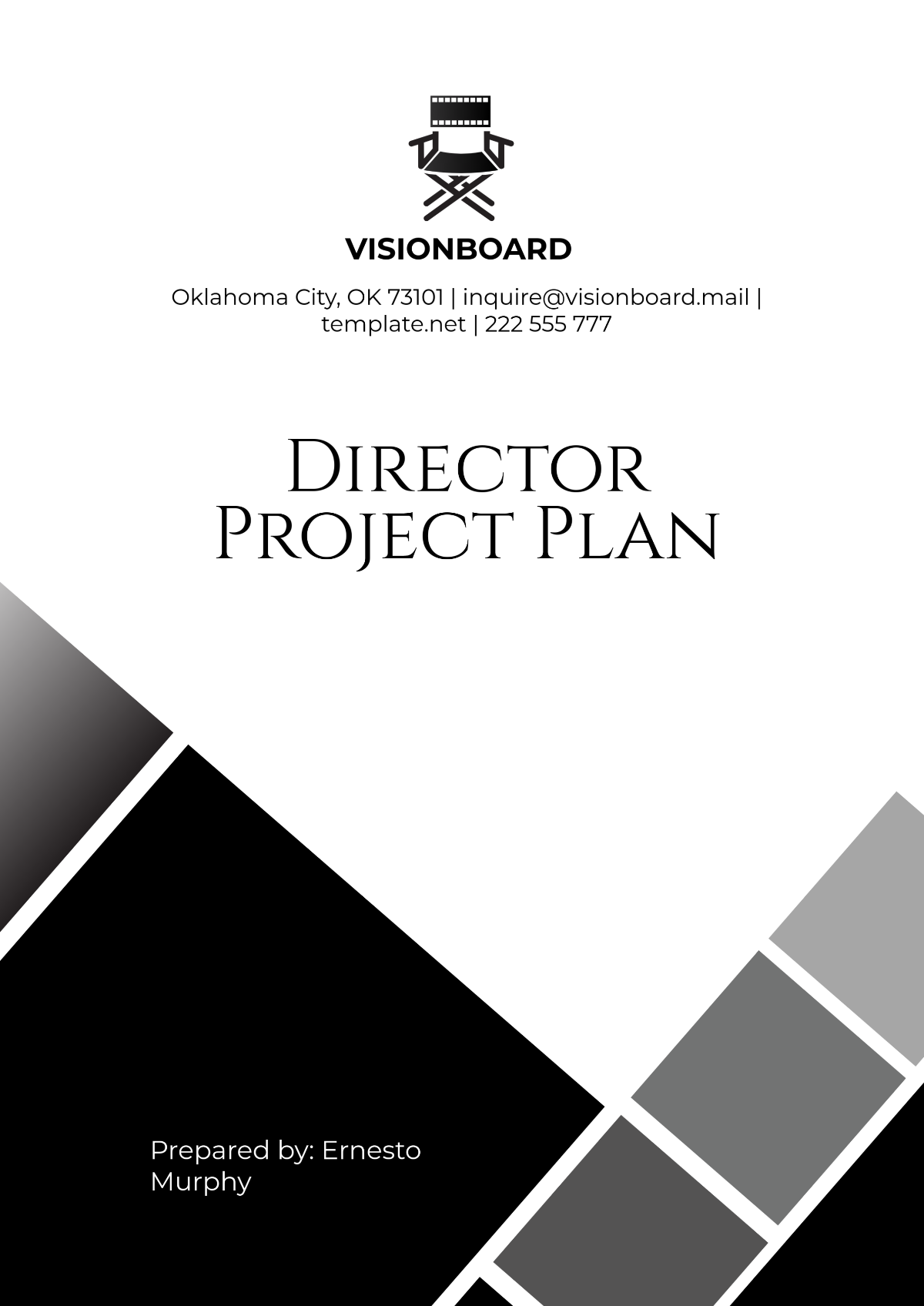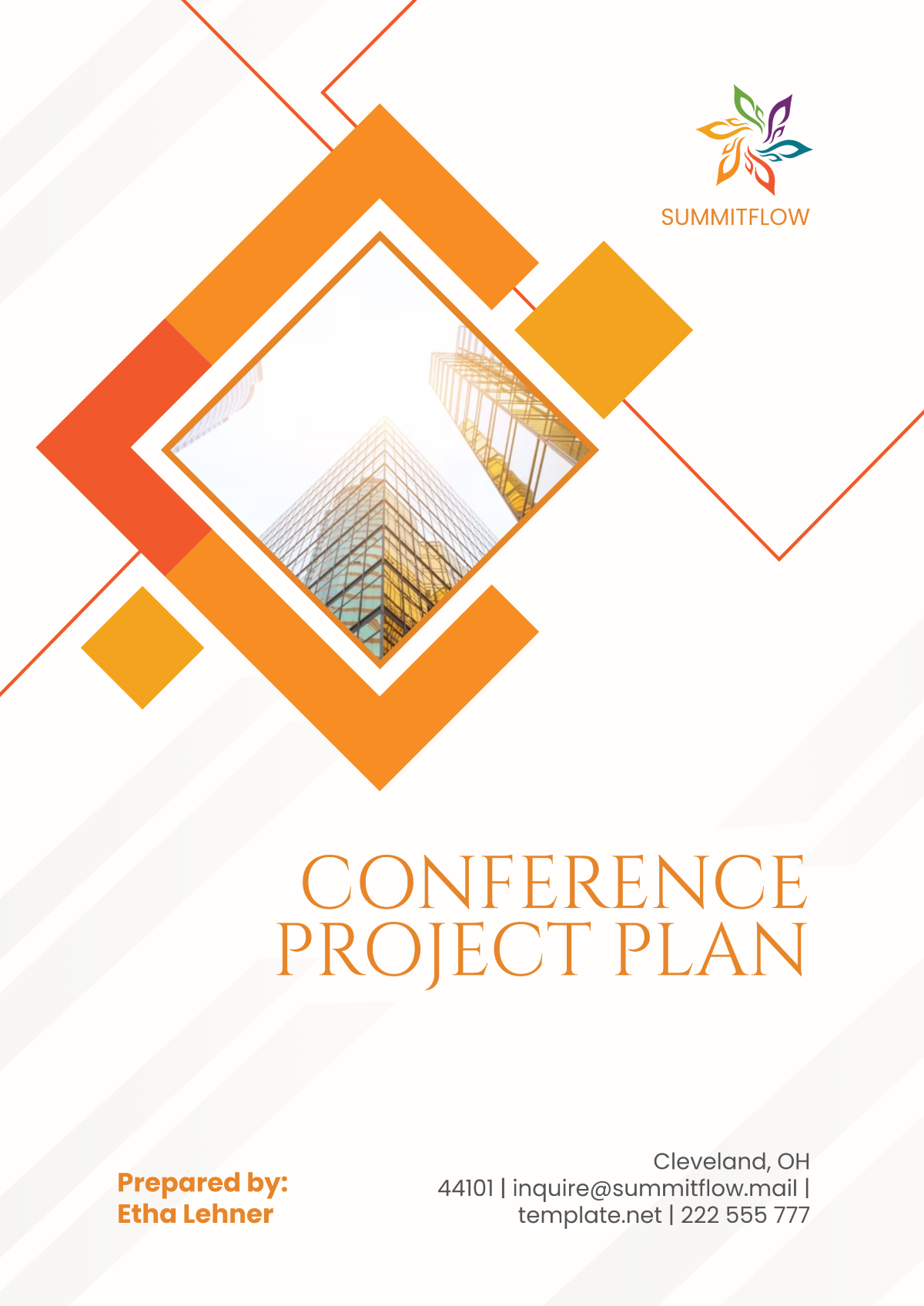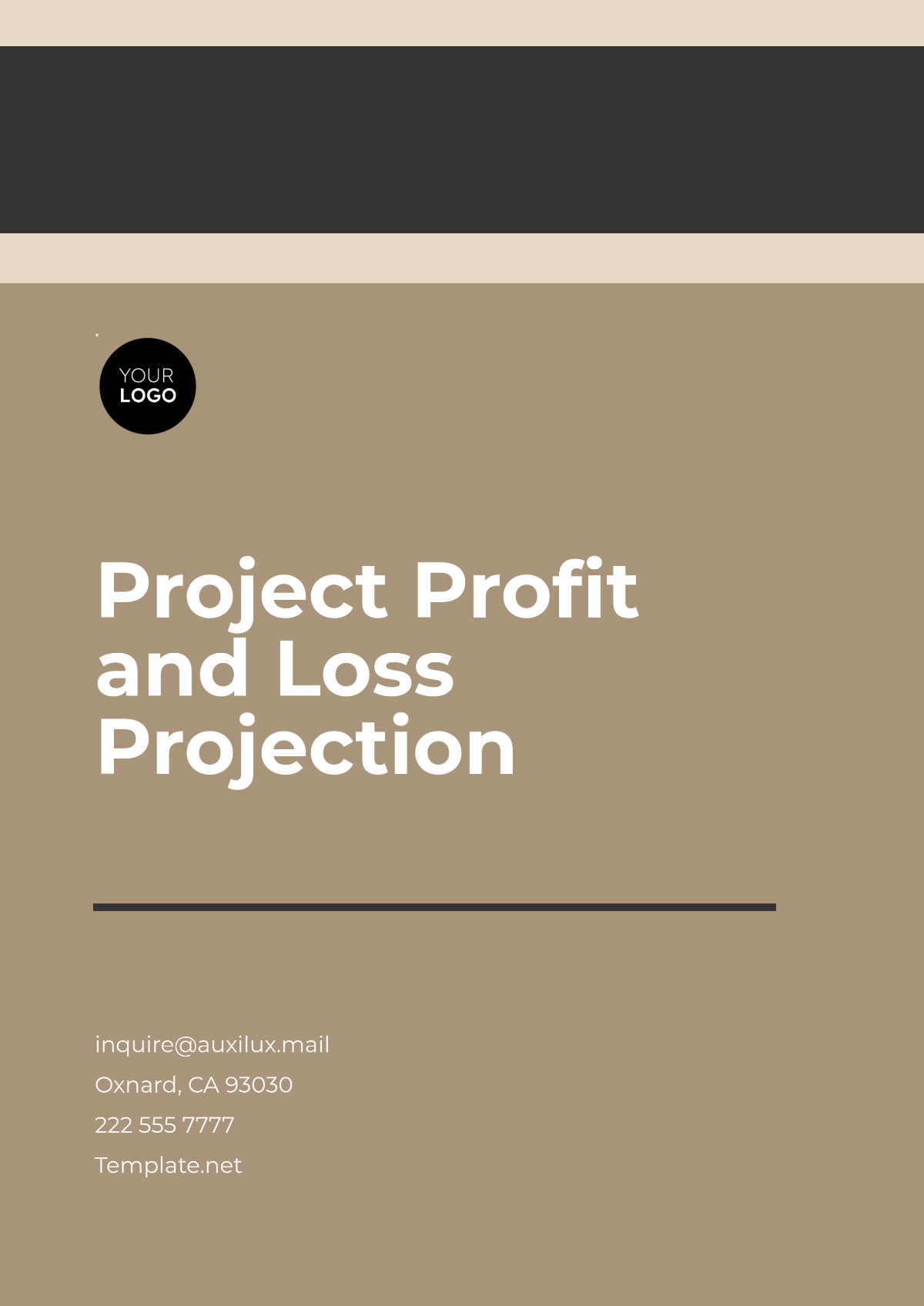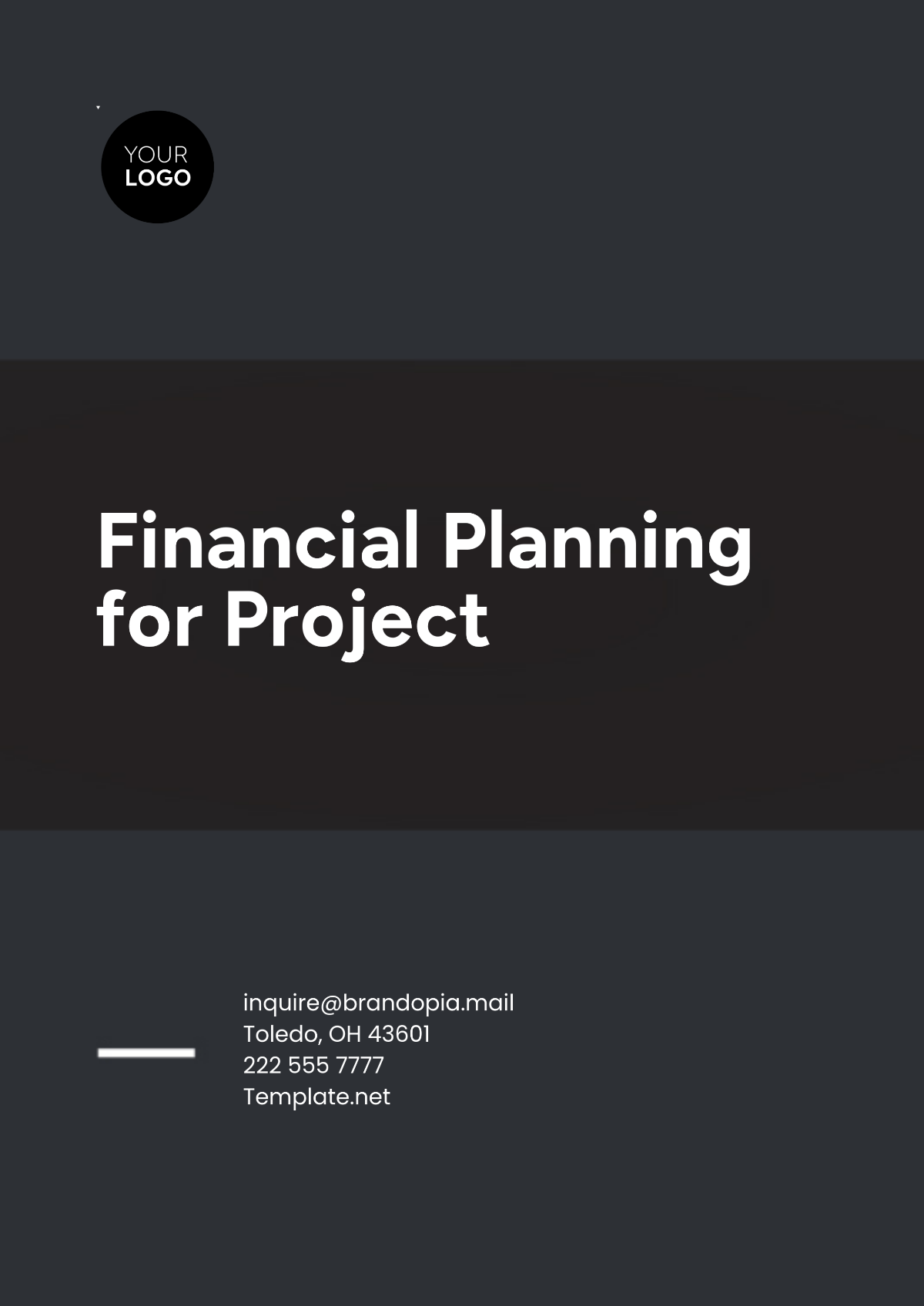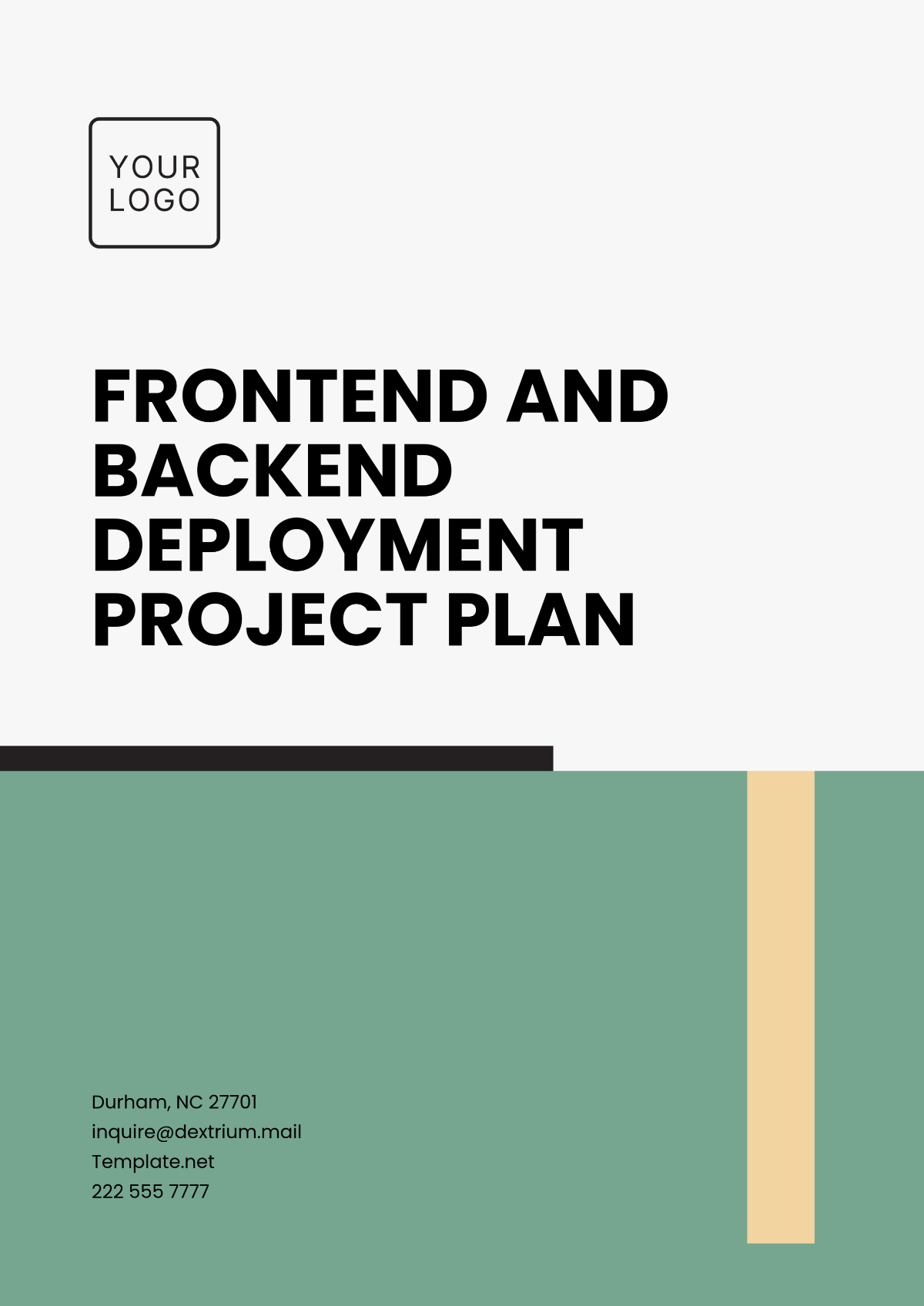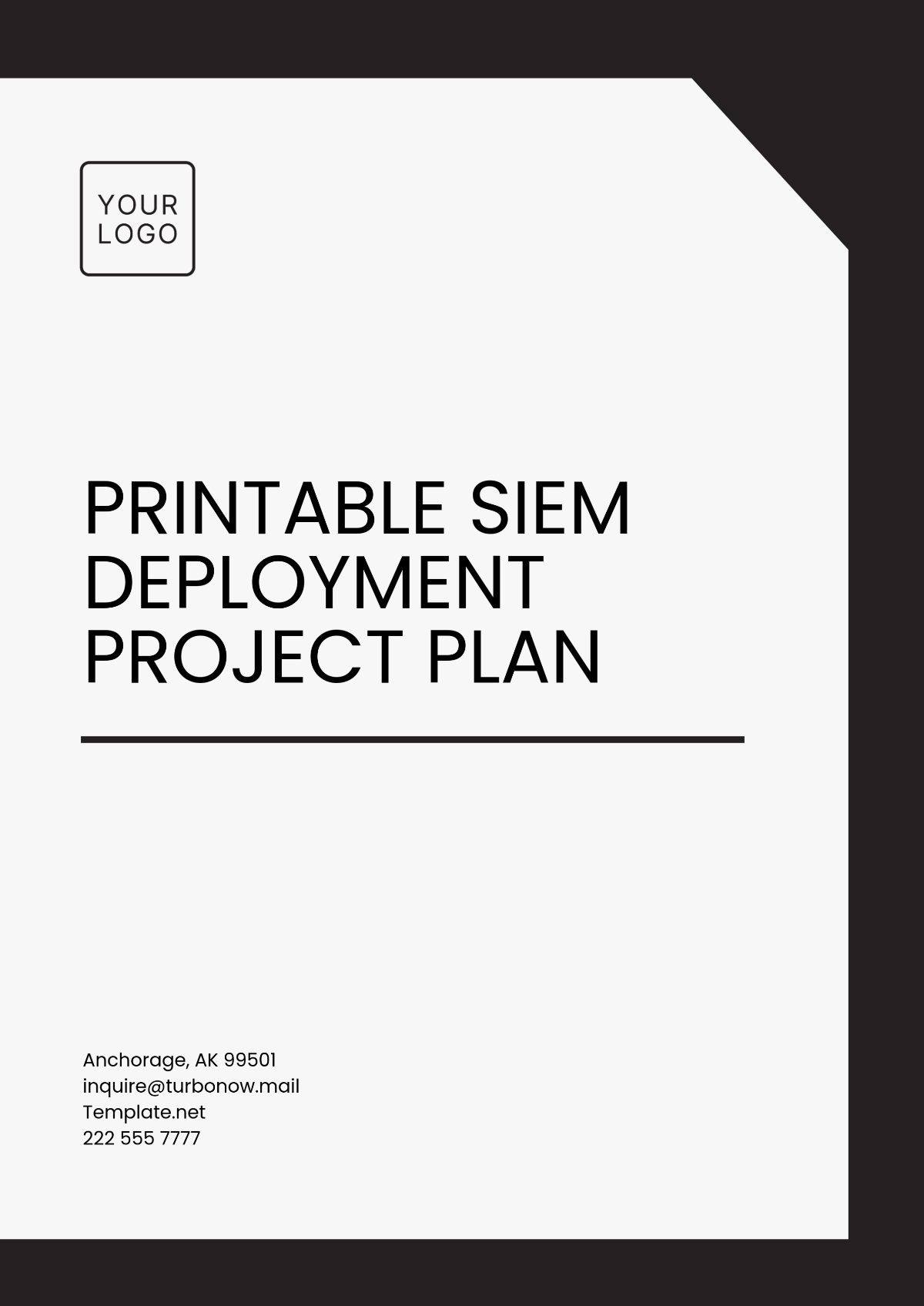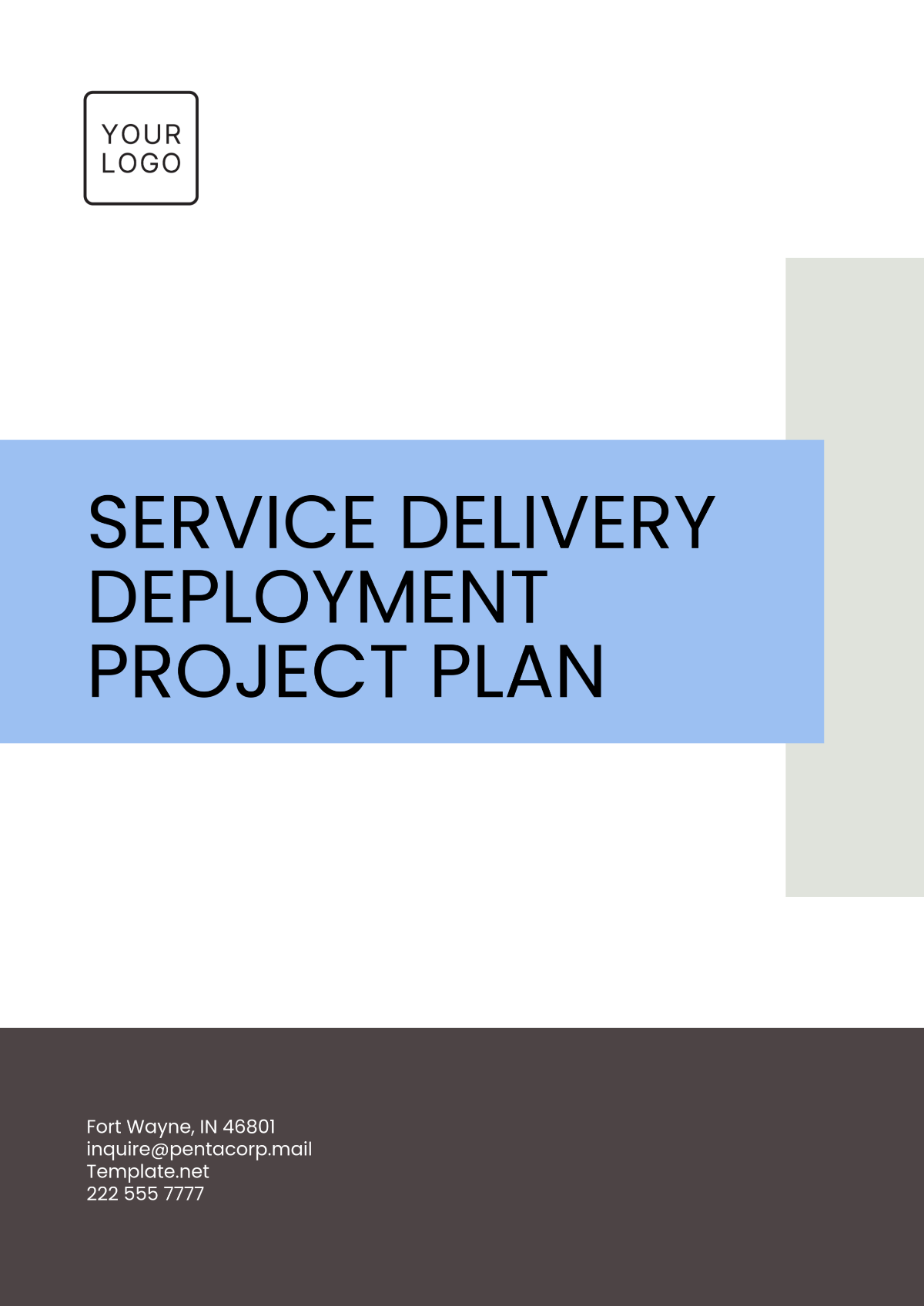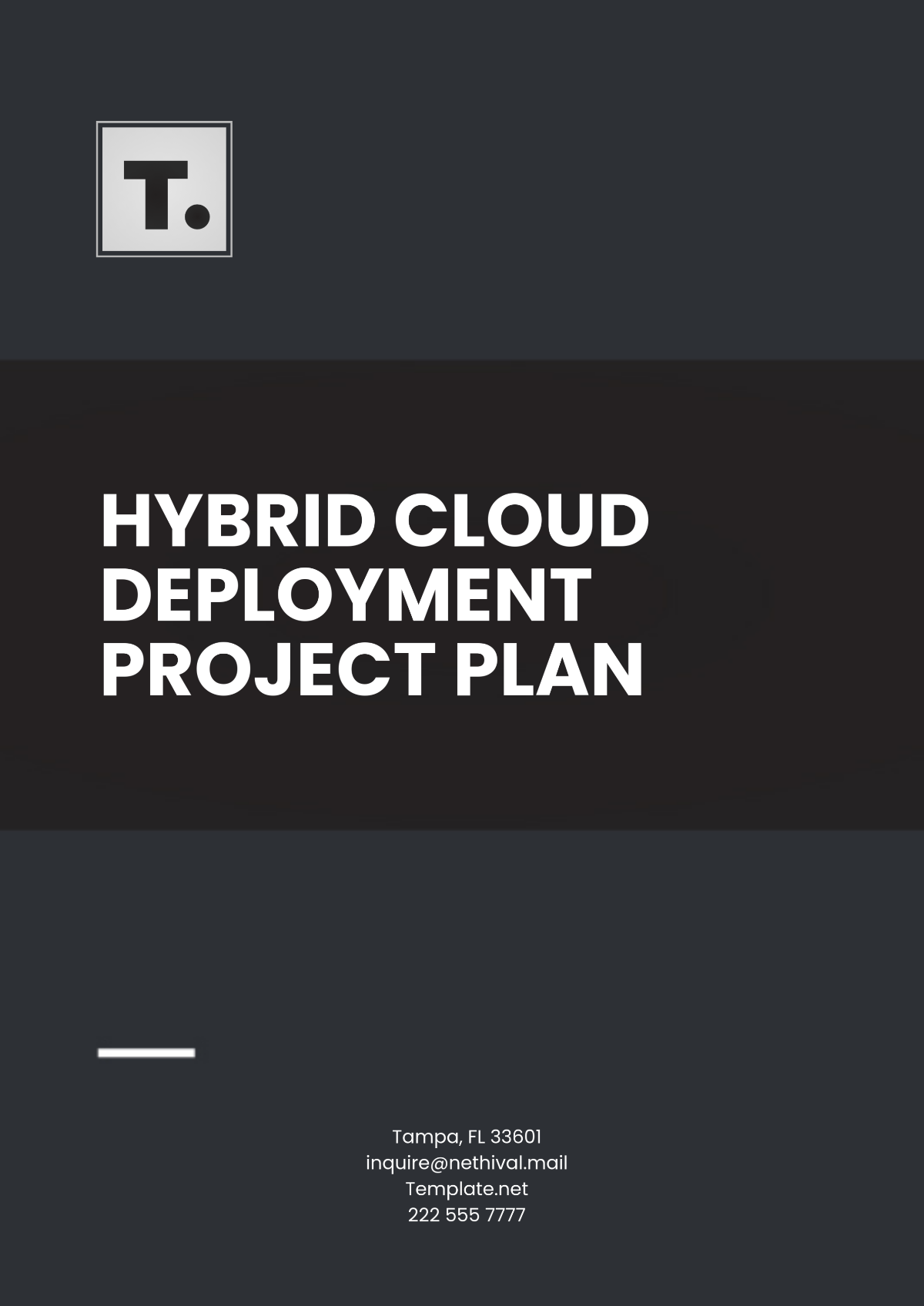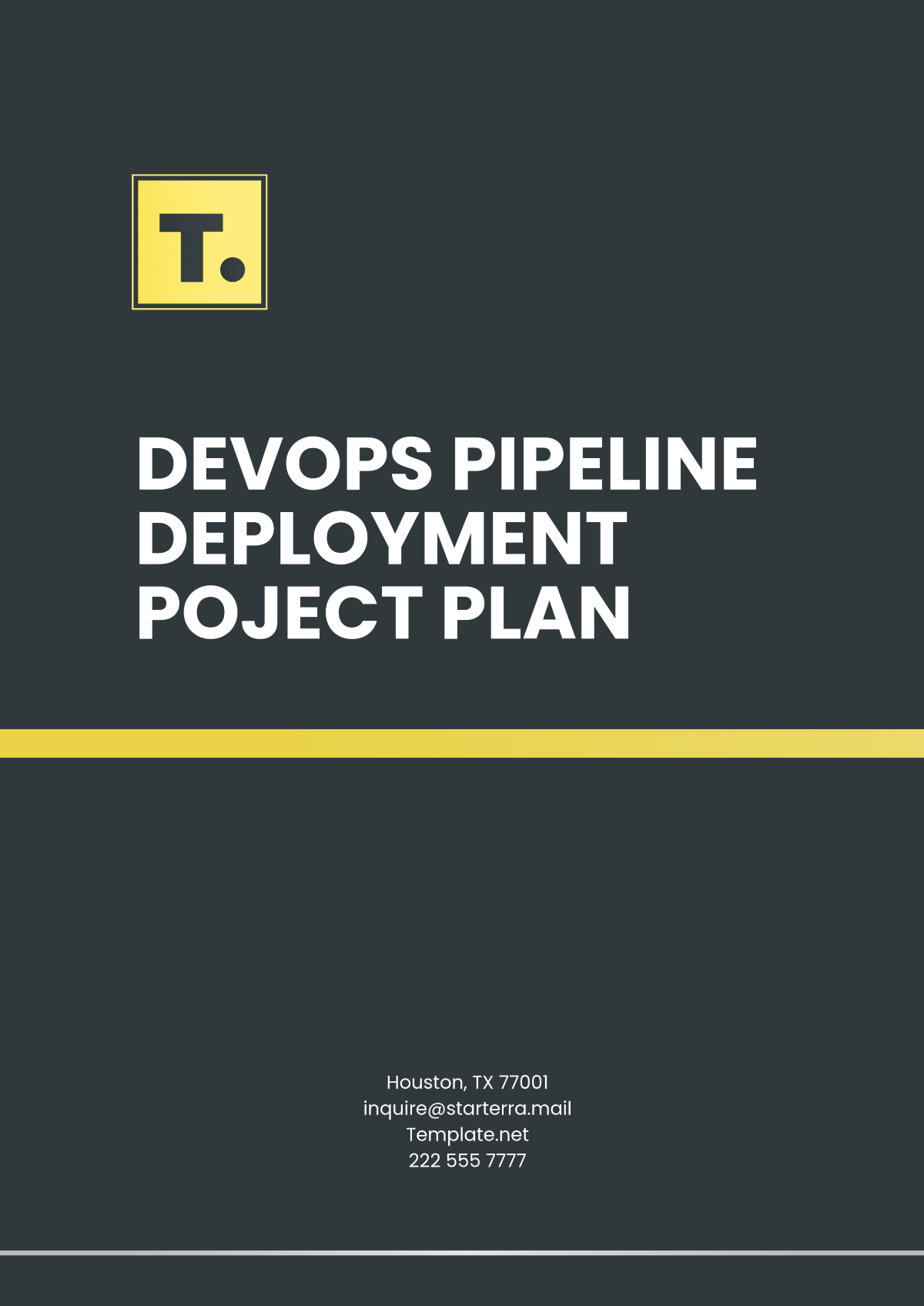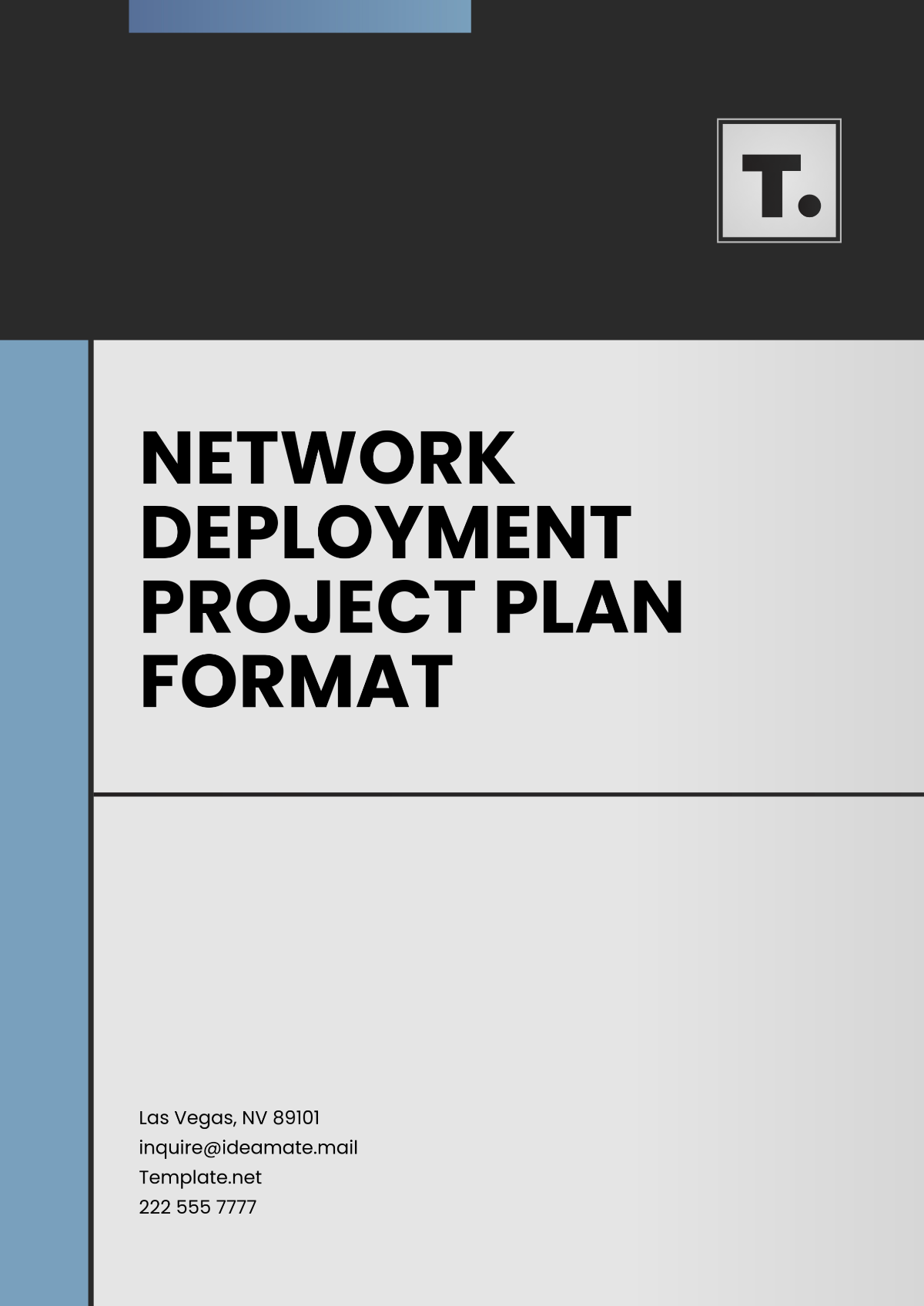Project Plan Specification
Prepared by: [Your Name]
Date: [Date]
I. Project Overview
This project aims to develop a sustainable community garden initiative within the city of Greenfield. The objective is to create an accessible, eco-friendly space where residents can grow their vegetables, learn about sustainable farming practices, and contribute to the community’s food security. The garden will also serve as a gathering space for community events and educational workshops related to environmental sustainability and healthy living.
The project is driven by the desire to promote sustainability, enhance local food production, and foster community engagement in Greenfield. The initiative aligns with the city's long-term goals of reducing its carbon footprint and increasing the availability of locally sourced, organic produce. By 2055, the garden is expected to serve over 500 families, provide educational programs for schools, and become a model for urban agriculture in other cities.
II. Scope
A. Inclusions
Land acquisition and preparation for the community garden, including soil testing and improvement.
Design and construction of raised garden beds, water irrigation systems, and composting areas.
Installation of community spaces such as benches, picnic tables, and a small shelter for gatherings.
Hosting seasonal workshops on gardening, sustainable farming practices, and nutrition.
Partnership with local schools to provide students with hands-on experience in sustainable agriculture.
Ongoing maintenance support, including volunteer groups to help manage the garden post-launch.
B. Exclusions
Full-time staffing for the day-to-day operations of the garden; will be managed by volunteers and local community leaders.
Commercial farming activities; the garden will focus on individual and family plots.
Non-residential facilities like greenhouses or advanced agricultural technologies (e.g., hydroponics, aquaponics).
The project will not include the provision of subsidized gardening materials or tools for every participant.
III. Timeline
Project Kickoff: January 15, 2050
Initial meeting with stakeholders, introduction to the project, and finalizing contracts for land acquisition.
Site Preparation and Design: January 15 – March 15, 2050
Soil testing, land clearing, and basic landscaping to prepare the site for construction.
Finalizing the garden design based on community input and feedback.
Construction Phase: March 16 – May 30, 2050
Building raised garden beds, laying down irrigation systems, and constructing the community gathering area.
Installing fences, and signage, and providing adequate lighting for evening events.
Program Launch and Garden Opening: June 1, 2050
An official ribbon-cutting ceremony and first planting event.
Community outreach to invite residents to join and reserve garden plots.
Ongoing Operations: June 1, 2050 – Ongoing
Regular workshops and seasonal events, including cooking demonstrations, farm-to-table nights, and volunteer gardening days.
Annual assessments and improvements to the garden layout and infrastructure.
Project Completion: December 31, 2055
Full project review, including community satisfaction surveys, project impact assessments, and the publication of an annual sustainability report.
IV. Resources
A. Personnel
Project Manager: Responsible for overseeing the entire project, managing resources, budgets, and timelines.
[Your Name]: An experienced project manager with a background in community development and sustainability.
Landscape Architect: Responsible for designing the layout of the garden, ensuring efficient space usage, and selecting appropriate plants for the local climate.
Jasen Gaylord: Specializing in urban gardens and eco-friendly landscaping.
Construction Team (3 workers): Responsible for building garden structures, installing irrigation systems, and constructing community spaces.
Contracted Local Team: Skilled workers from the nearby Greenfield Construction Co.
Community Outreach Coordinator: Responsible for engaging residents, organizing workshops, and promoting the garden.
Jake Willms: A well-known community organizer with a focus on environmental education.
Volunteer Program Coordinator: Responsible for recruiting and managing volunteers for the ongoing maintenance of the garden.
Maxwell Mante: A passionate environmentalist with previous experience running volunteer programs.
V. Tools & Equipment
Construction Materials: Wood for raised beds, bricks for walkways, soil amendments, water pipes, and irrigation components.
Garden Tools: Shovels, trowels, watering cans, compost bins, and protective gear for volunteers.
Workshop Materials: Educational materials for community workshops (e.g., gardening guides, composting manuals).
Promotional Materials: Flyers, social media advertisements, and event posters for community engagement.
VI. Budget
A. Personnel Costs
Project Manager: $120,000
Landscape Architect: $75,000
Construction Team: $50,000
Community Outreach Coordinator: $60,000
Volunteer Program Coordinator: $45,000
B. Construction & Infrastructure
Land preparation and site clearing: $20,000
Raised garden bed materials: $30,000
Irrigation system installation: $15,000
Community space construction (benches, picnic tables): $25,000
C. Program Costs
Educational workshop materials: $5,000
Marketing and promotional materials: $4,000
Annual maintenance (volunteer support, tool replacements, seasonal supplies): $10,000
D. Miscellaneous
Community events (e.g., launch ceremony, farm-to-table dinners): $12,000
Total Estimated Budget: $396,000
VII. Risk Management
A. Potential Risks
Delays in Land Acquisition: If there are legal or zoning issues, the project timeline could be delayed.
Budget Overruns: Unforeseen costs in construction or land preparation could lead to exceeding the budget.
Low Community Engagement: The garden might not attract enough local participants or volunteers, which would affect its sustainability.
Weather Delays: Inclement weather may delay the construction phase, particularly with site preparation and irrigation installation.
B. Mitigation Strategies
Pre-Approval for Land Use: Secure permits and legal approvals early in the planning process.
Contingency Fund: Allocate an additional 15% of the total budget for unforeseen expenses.
Community Surveys and Workshops: Conduct multiple surveys and engagement activities before project kickoff to ensure high levels of local interest.
Flexible Timeline: Build in extra time buffers for unexpected delays, particularly during the construction phase.
VIII. Stakeholders
Project Sponsor:
Greenfield City Council: Committed to sustainability and enhancing green spaces in the community.
Sarah Mitchell, City Mayor: Actively involved in overseeing the project and ensuring alignment with Greenfield's long-term environmental goals.
Project Manager:
[Your Name]: Lead project manager overseeing all aspects of the initiative.
Development Partners:
Local Environmental NGOs: Providing expert advice on sustainable gardening practices and potential educational collaborations.
Greenfield Schools: Partnering to offer hands-on learning experiences for students.
Community Volunteers:
Residents will contribute to the ongoing maintenance of the garden and assist in workshops.
IX. Quality Assurance
A. Testing & Evaluation Phases
Site Quality Assurance: Ensuring that all garden beds are built to last with durable materials, irrigation systems are fully functional, and the soil is properly prepared.
Feedback Loops: Conducting surveys with garden participants each season to gather feedback and identify areas for improvement.
Performance Monitoring: Tracking the success of educational workshops, volunteer turnout, and overall community engagement.
B. Sustainability Standards
The garden must adhere to sustainable agriculture practices, including water conservation, organic farming, and minimal use of chemical fertilizers.
Regular audits will be conducted to assess the environmental impact of the garden and ensure it is contributing to Greenfield’s sustainability goals.
The garden will aim for zero waste, using composting and recycling systems for organic waste.
